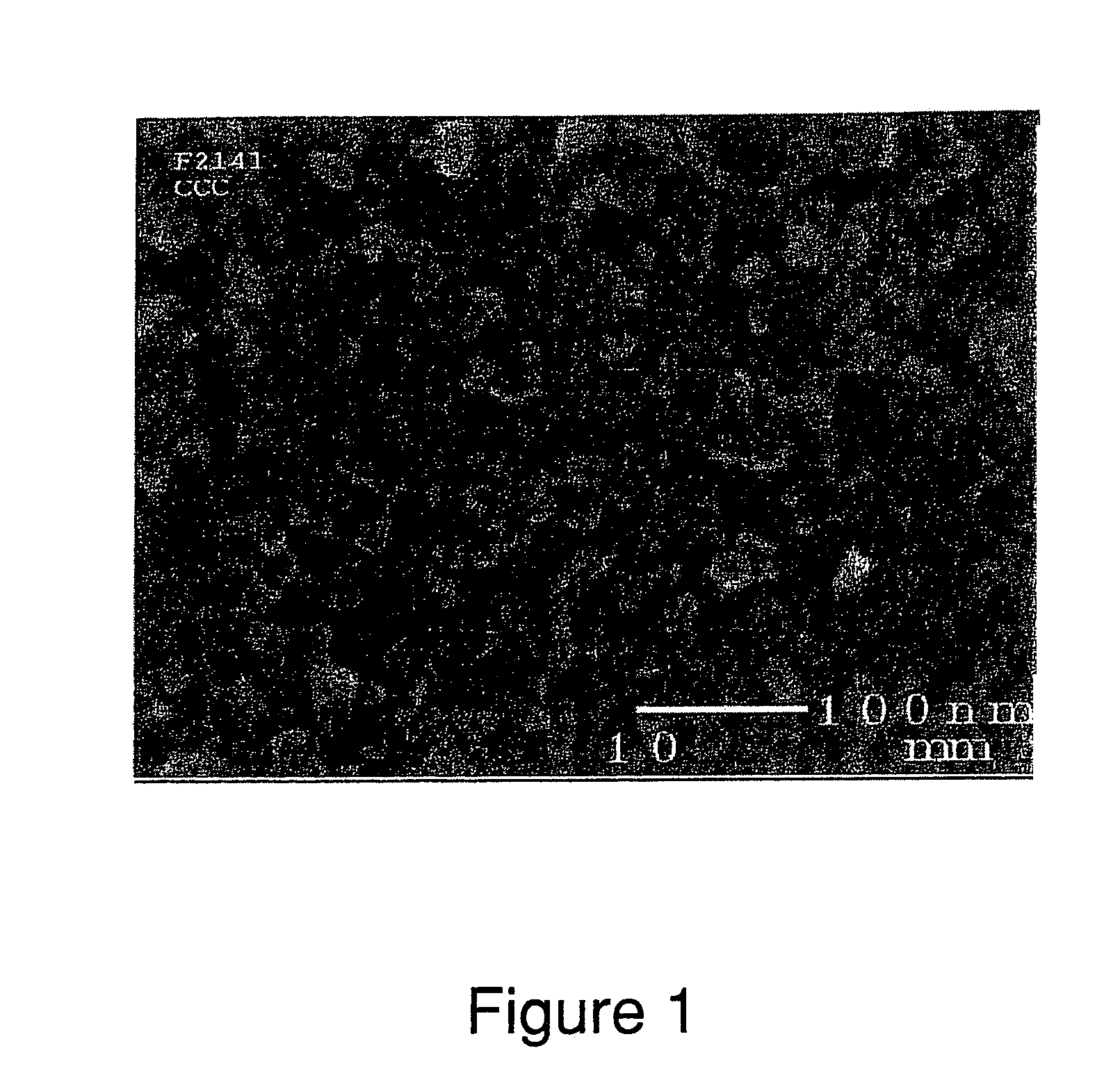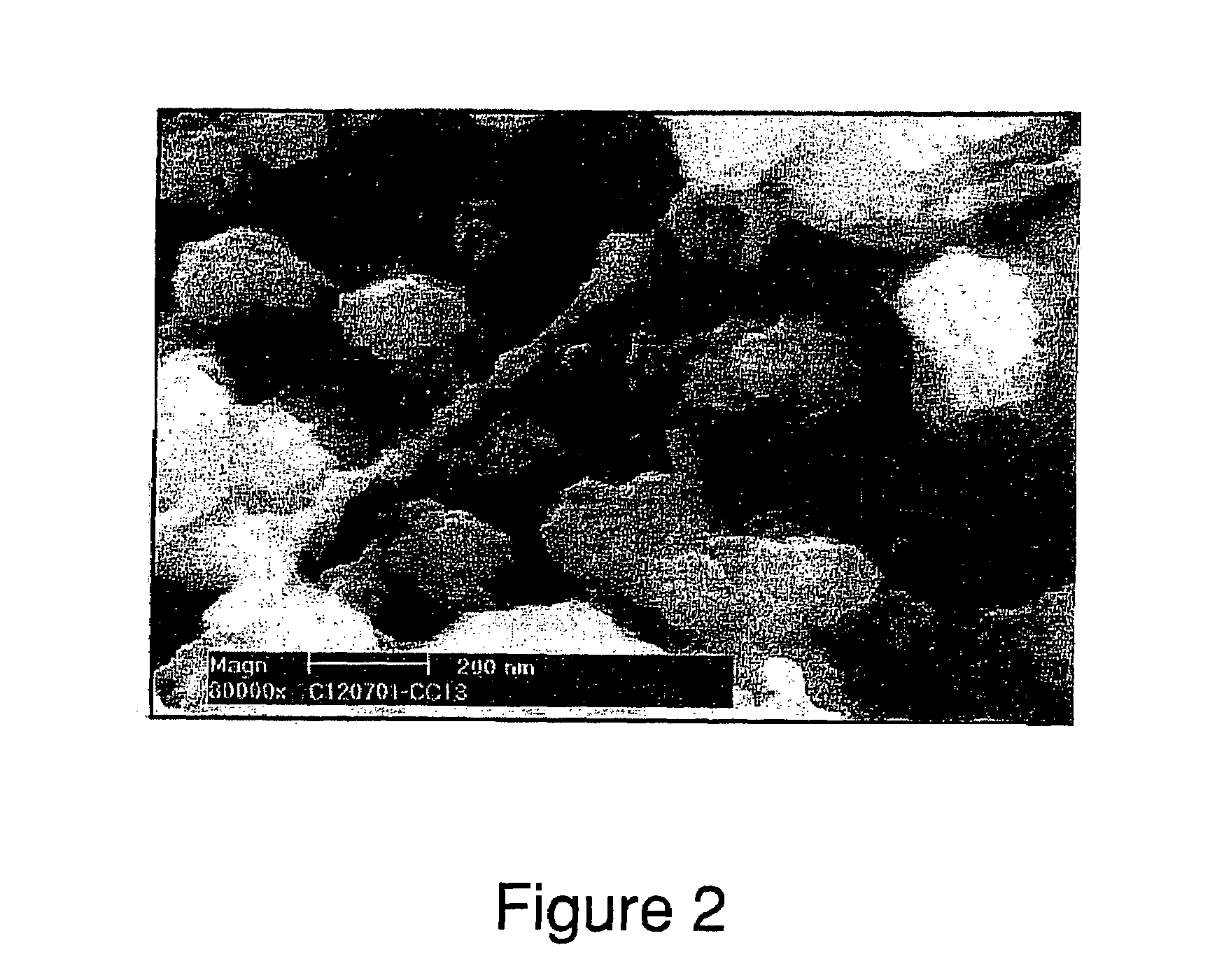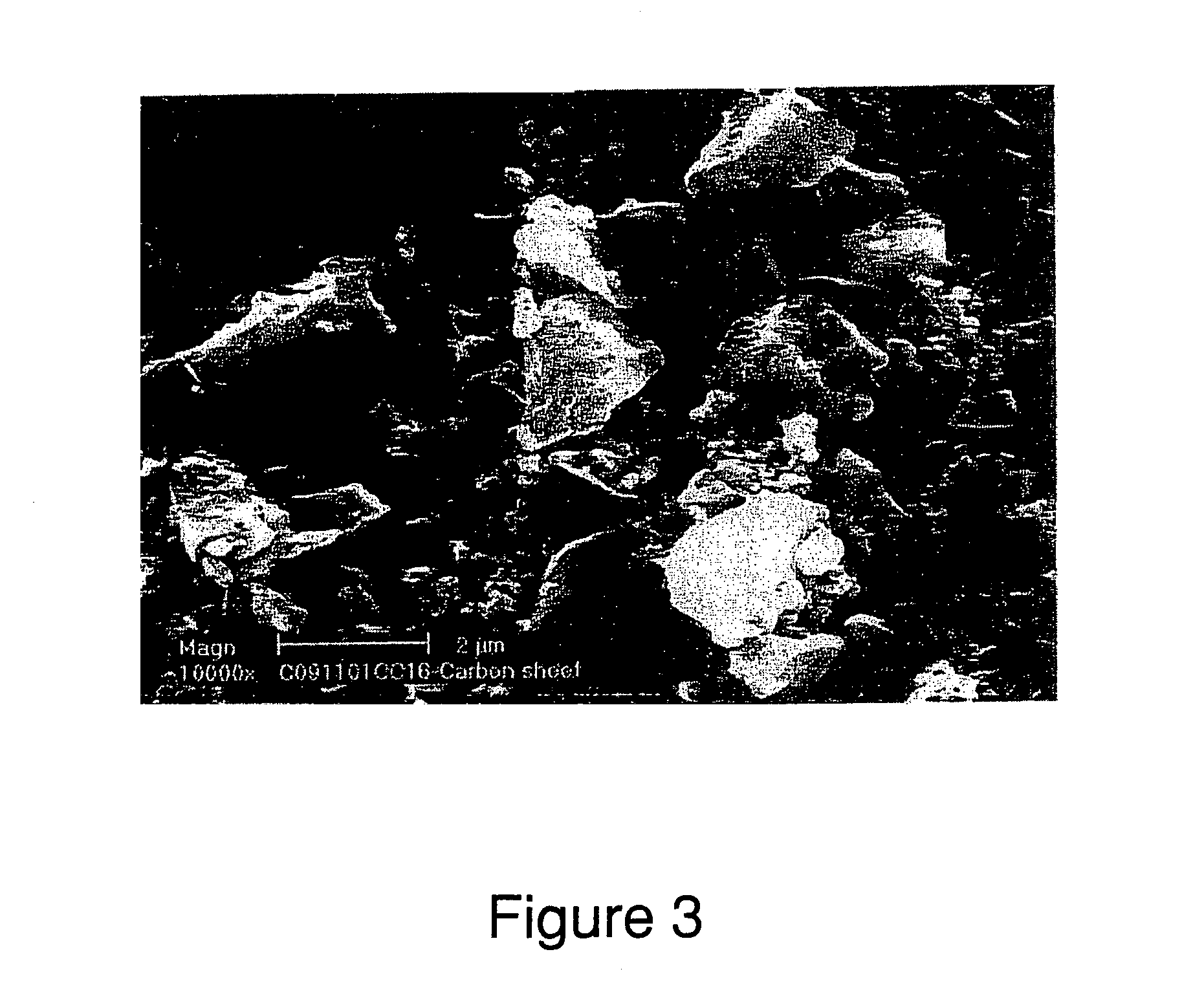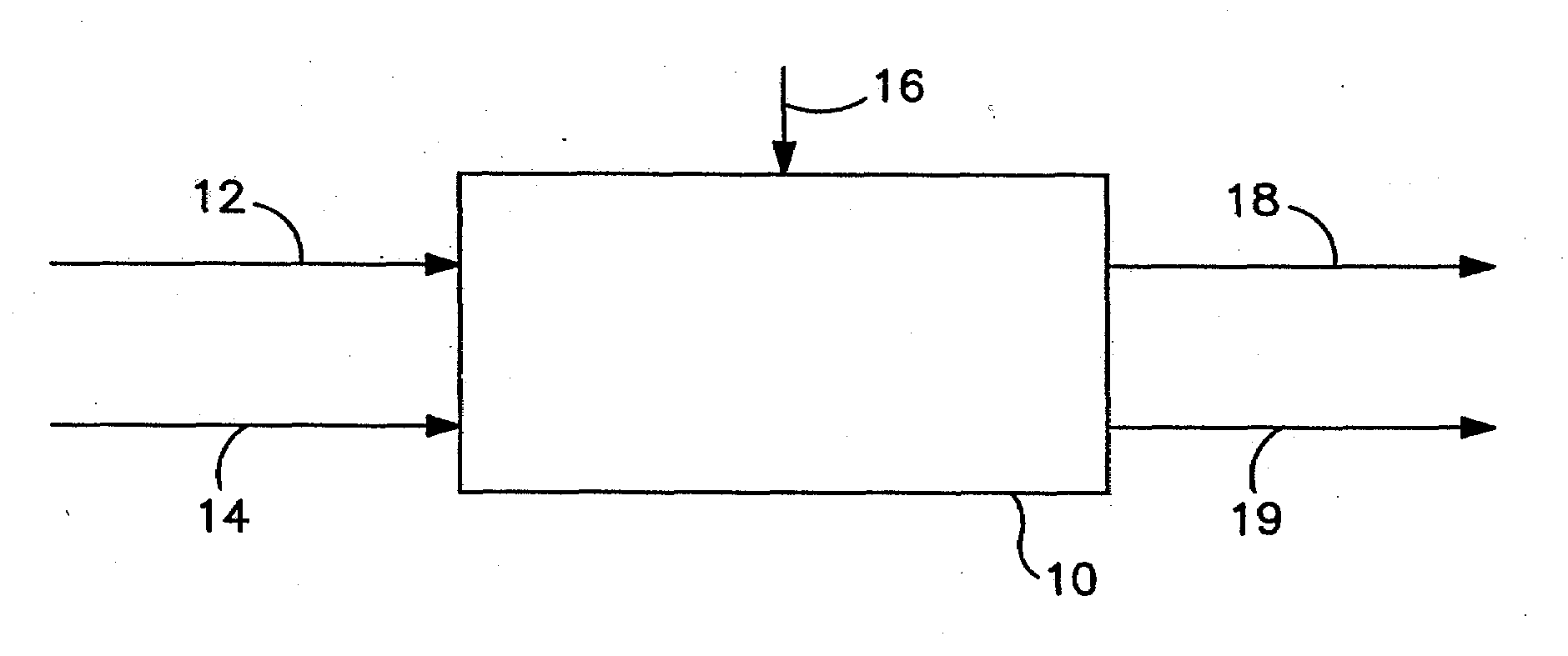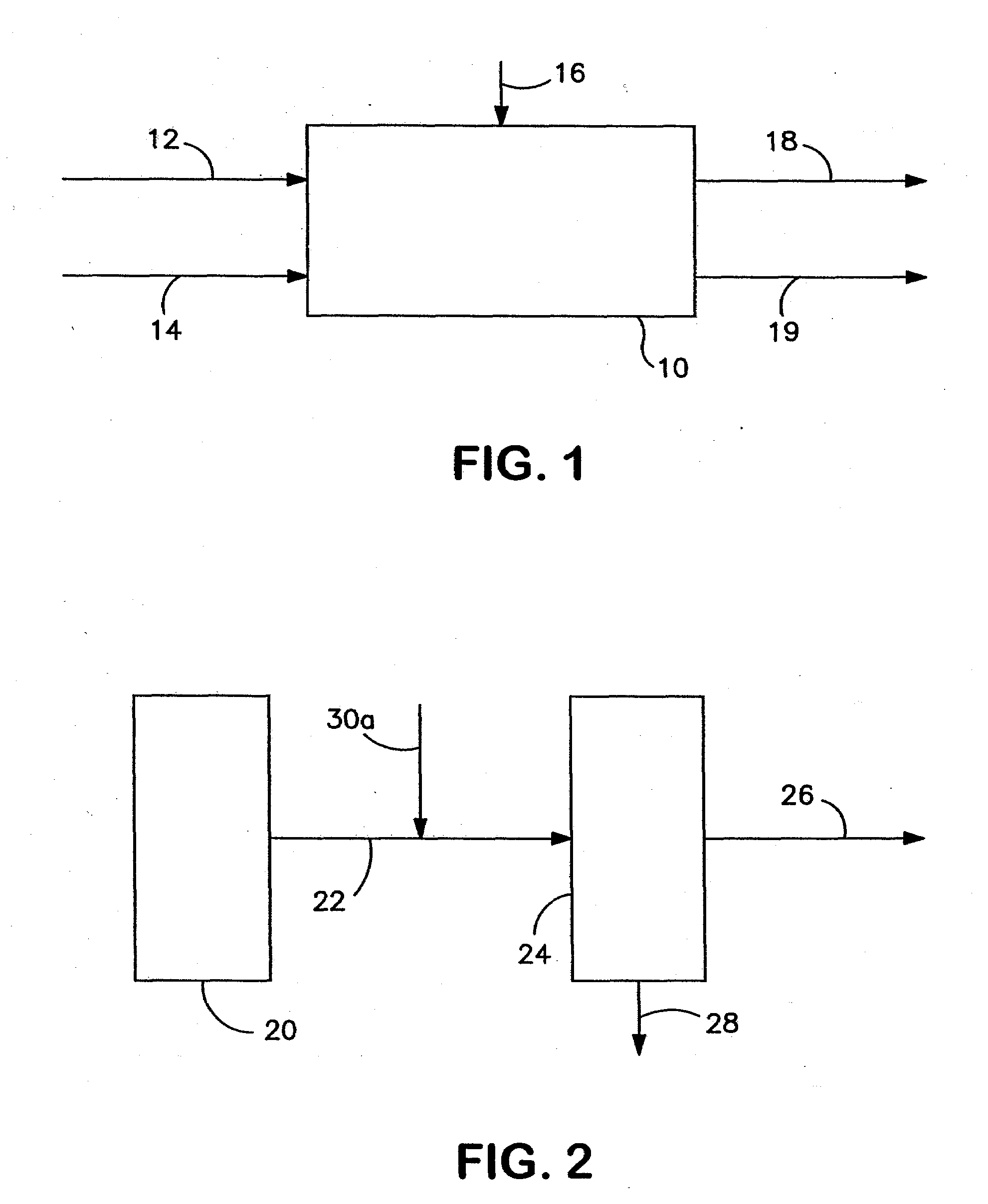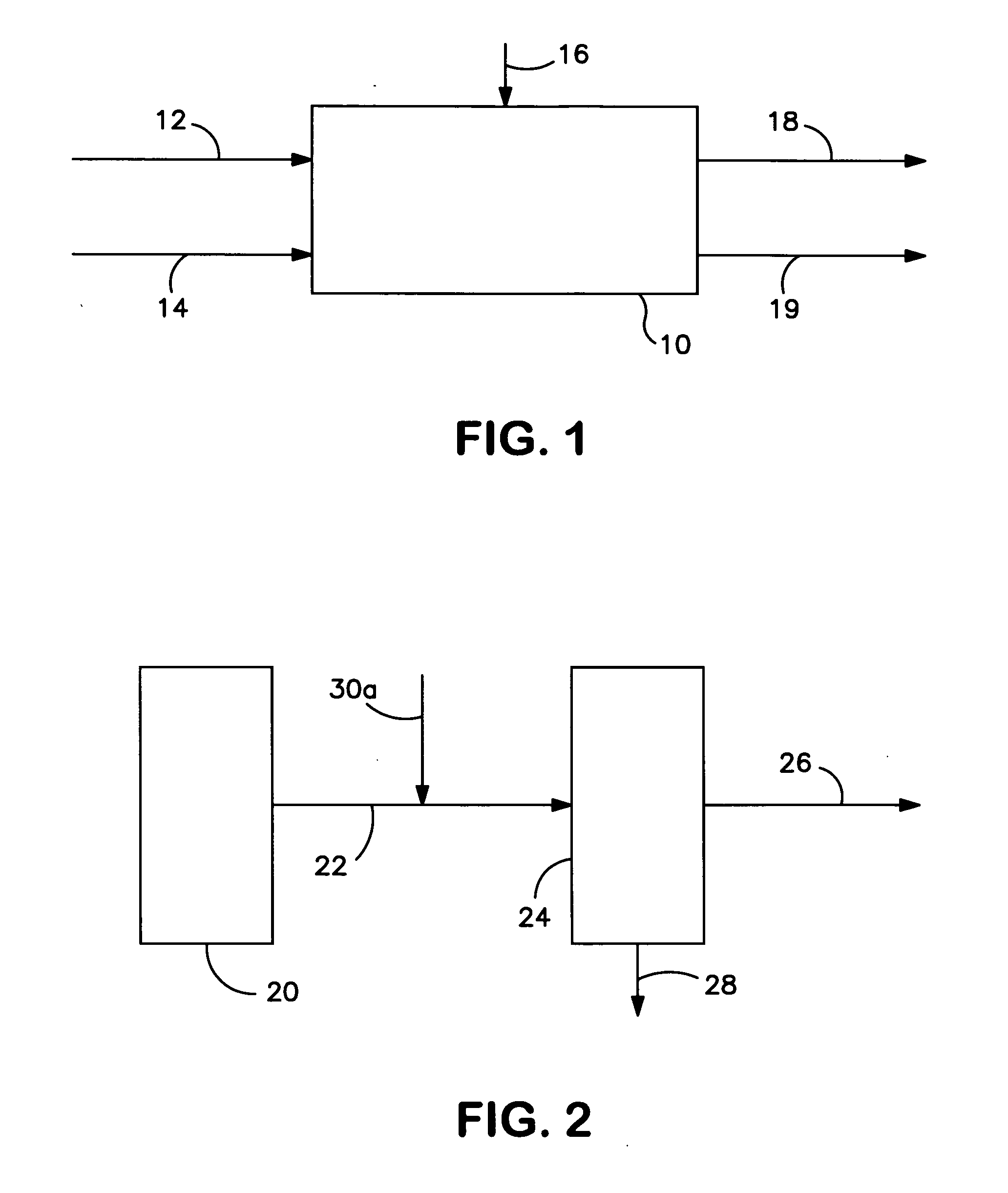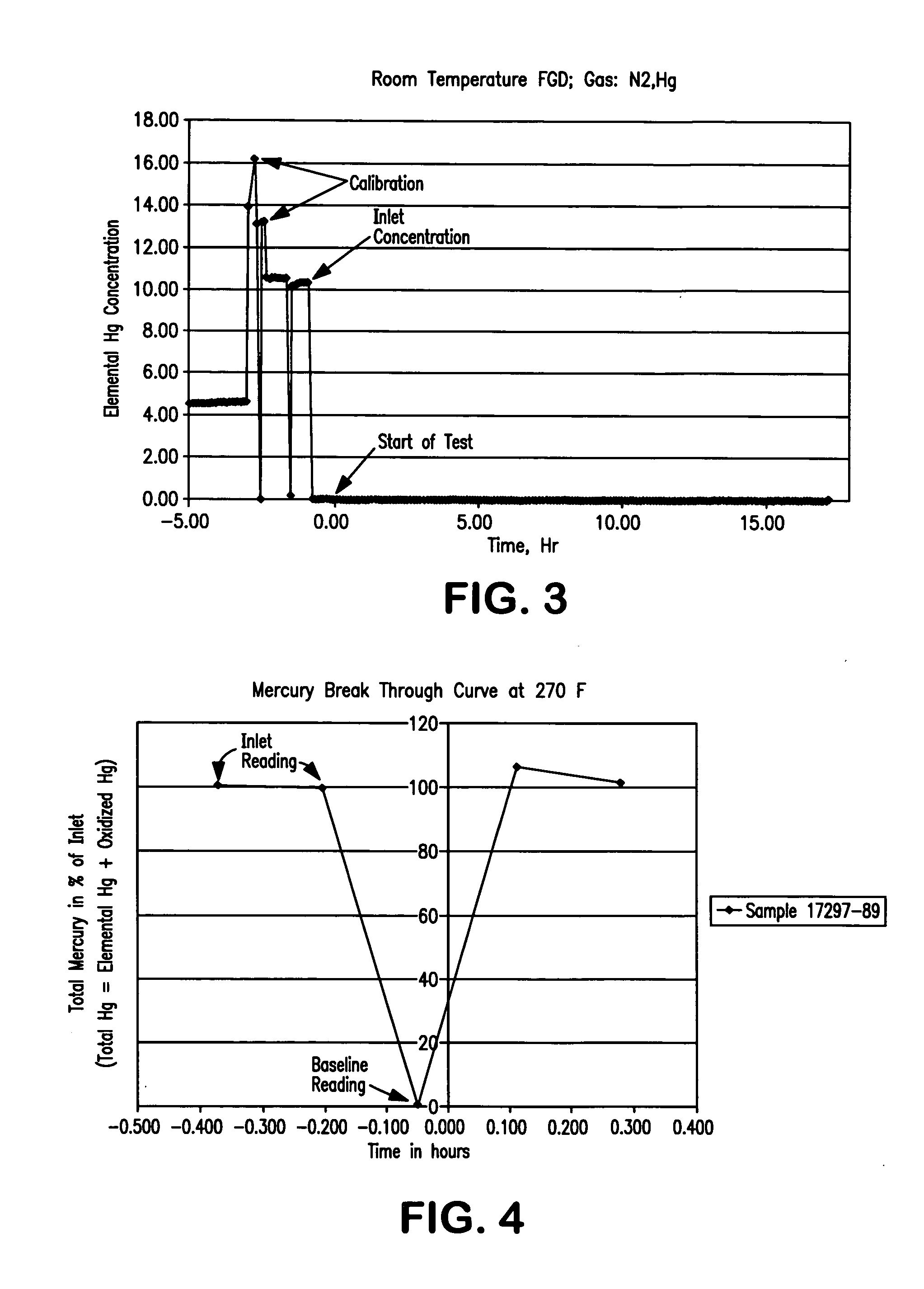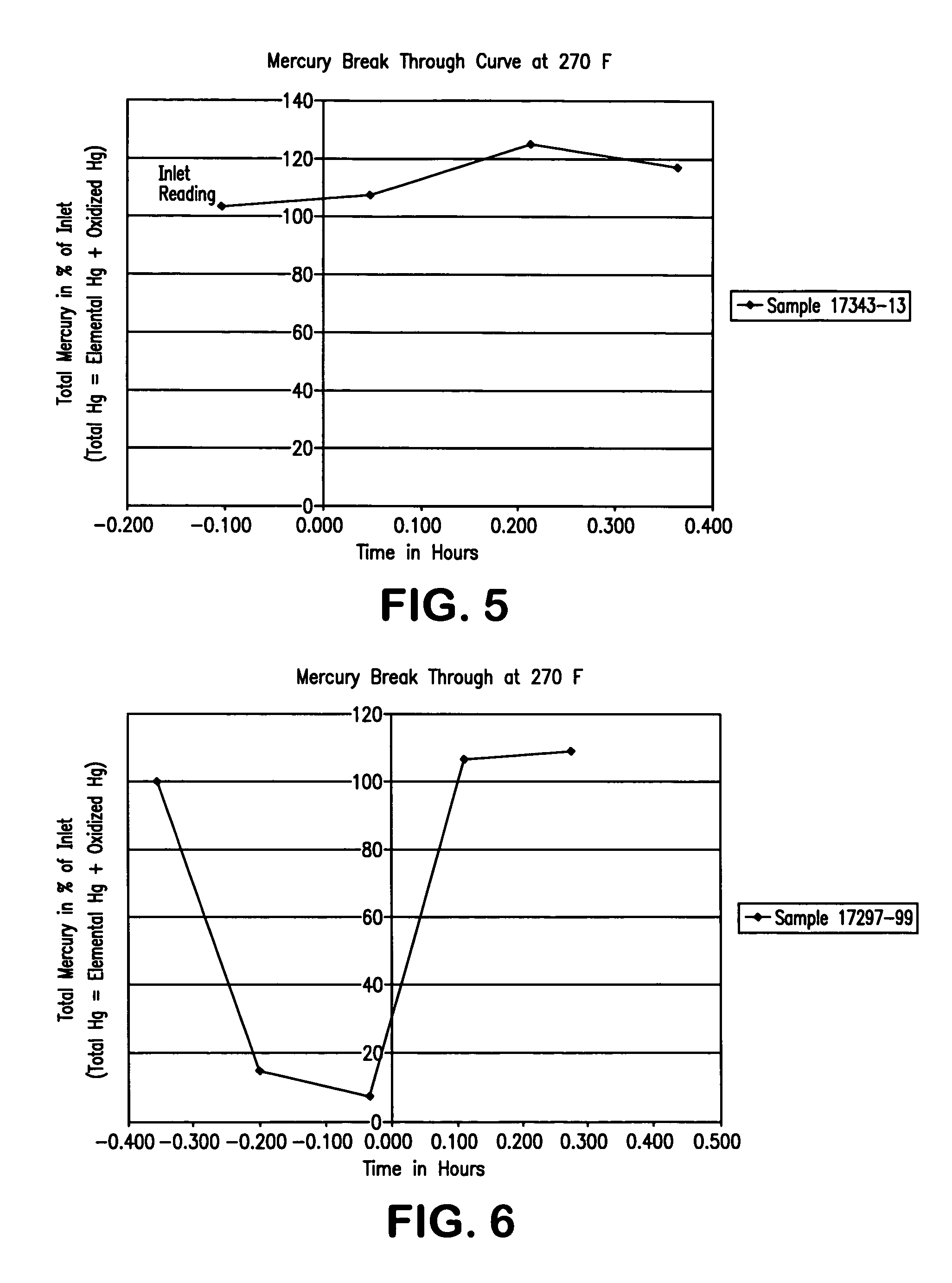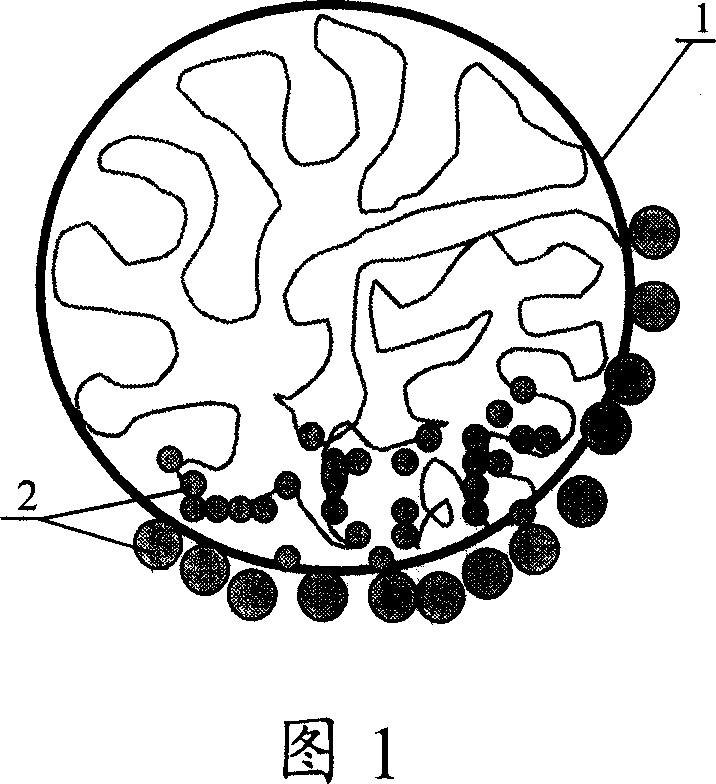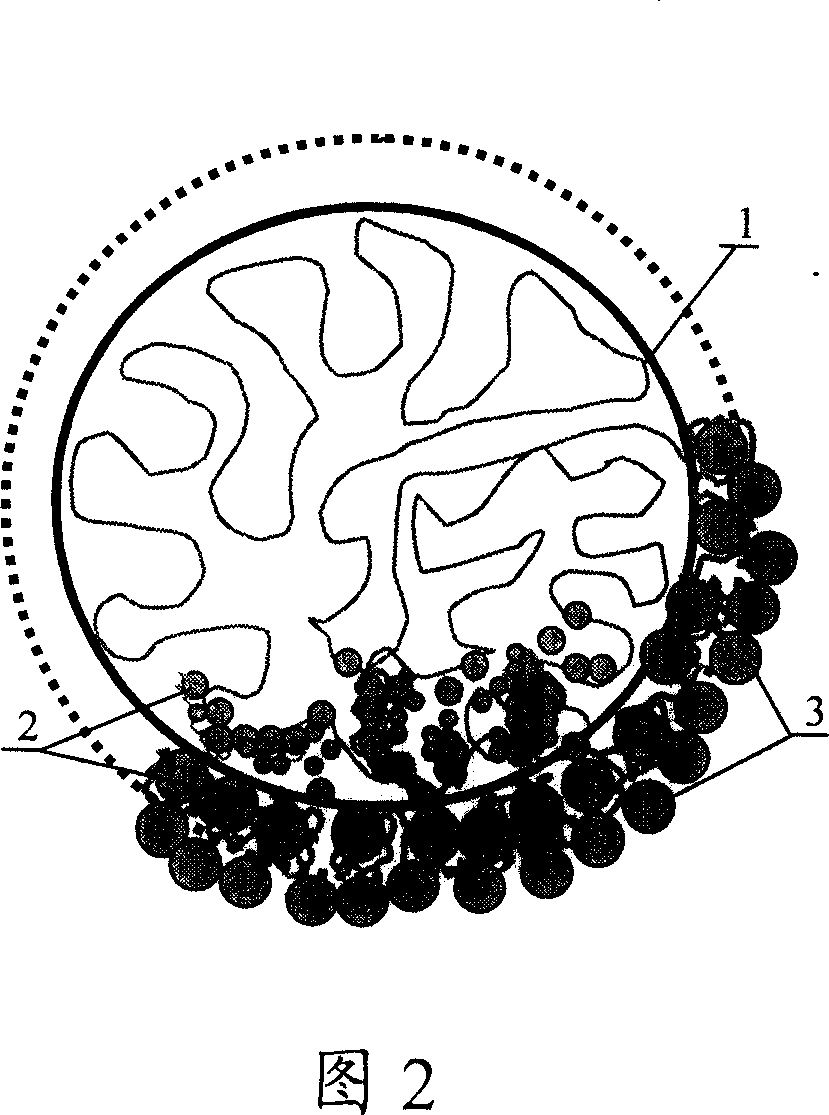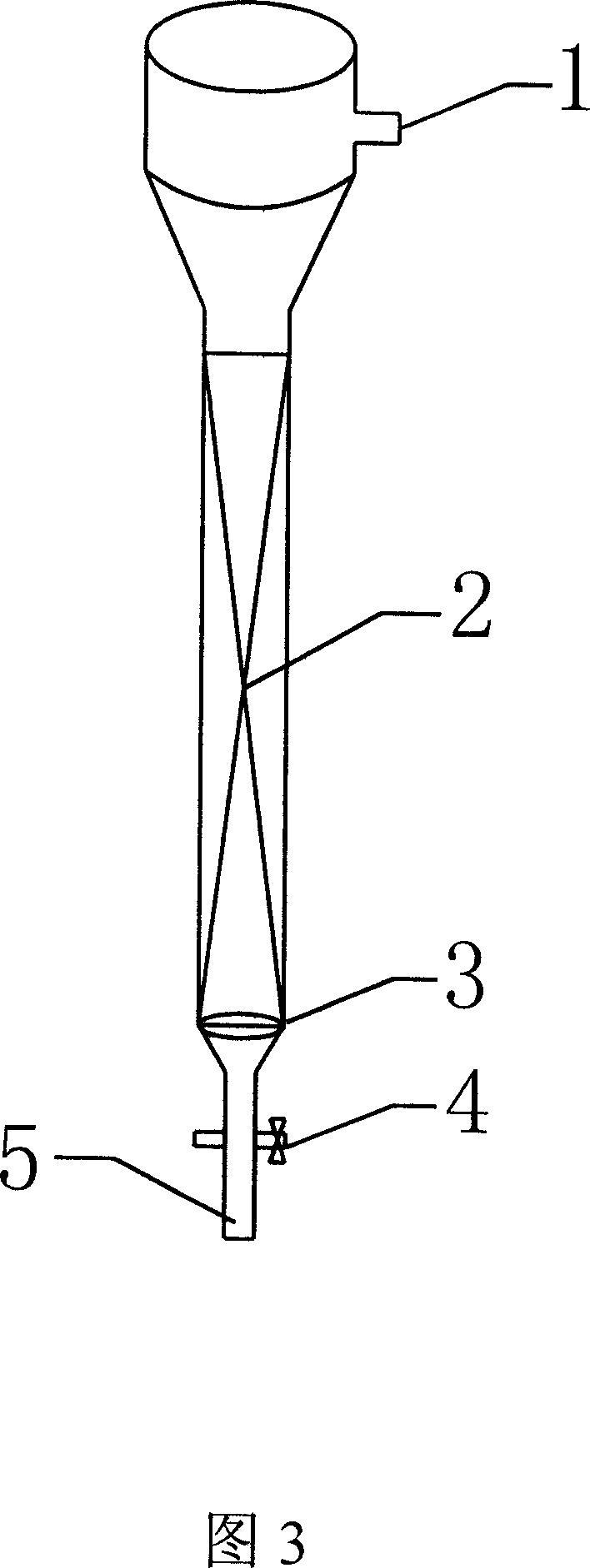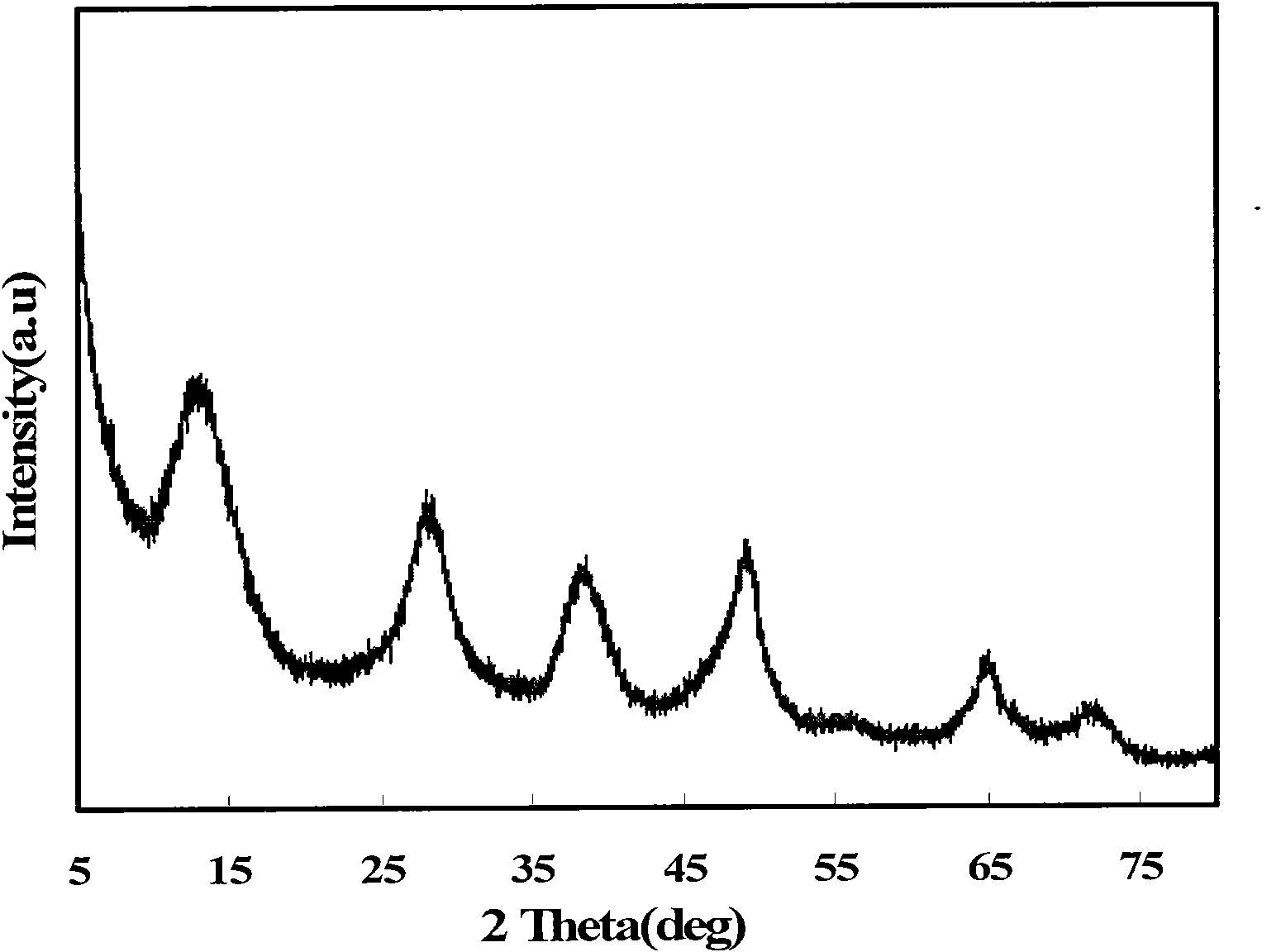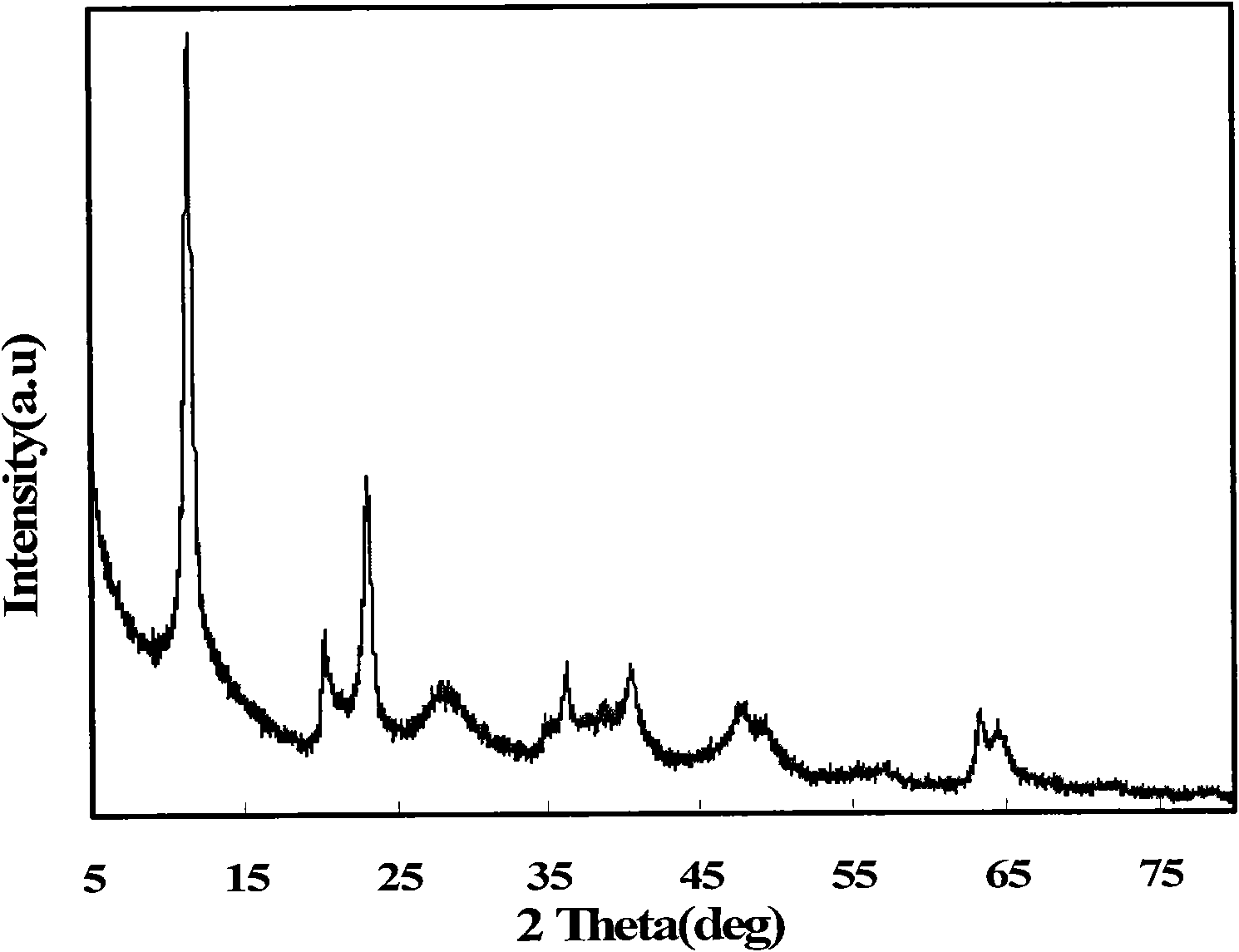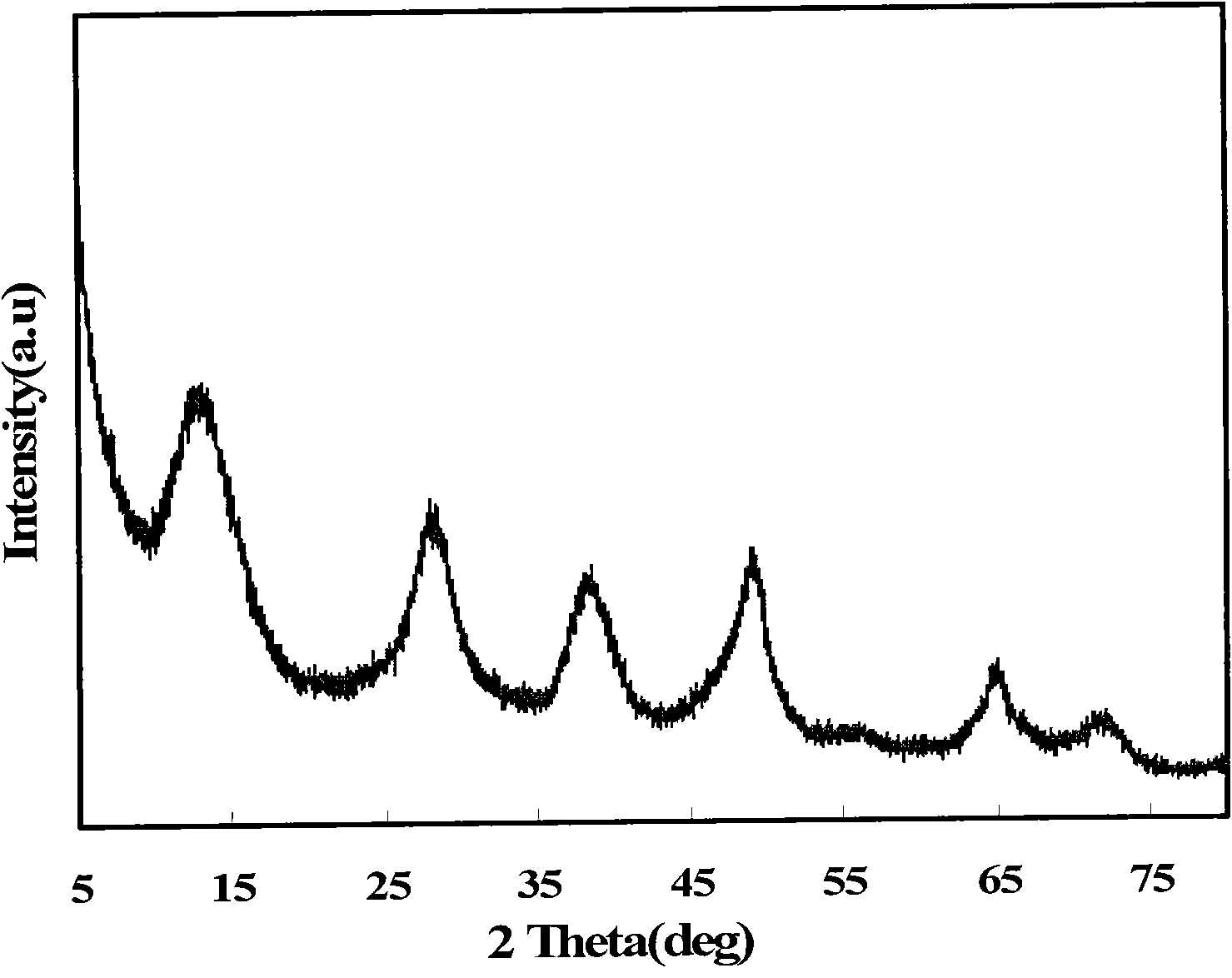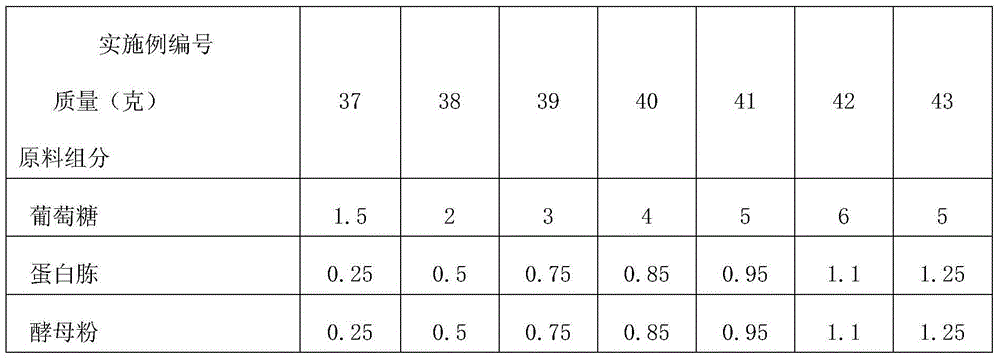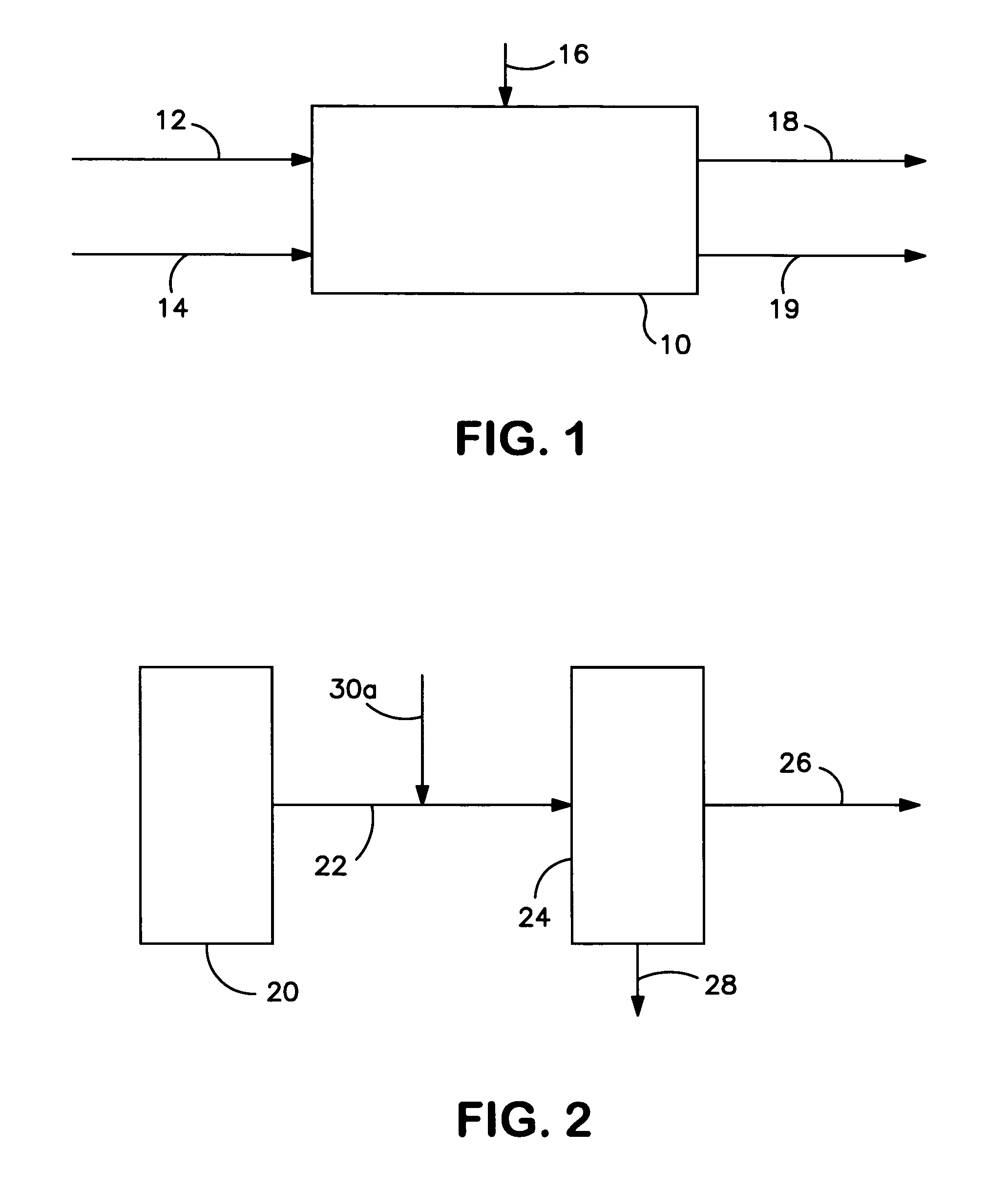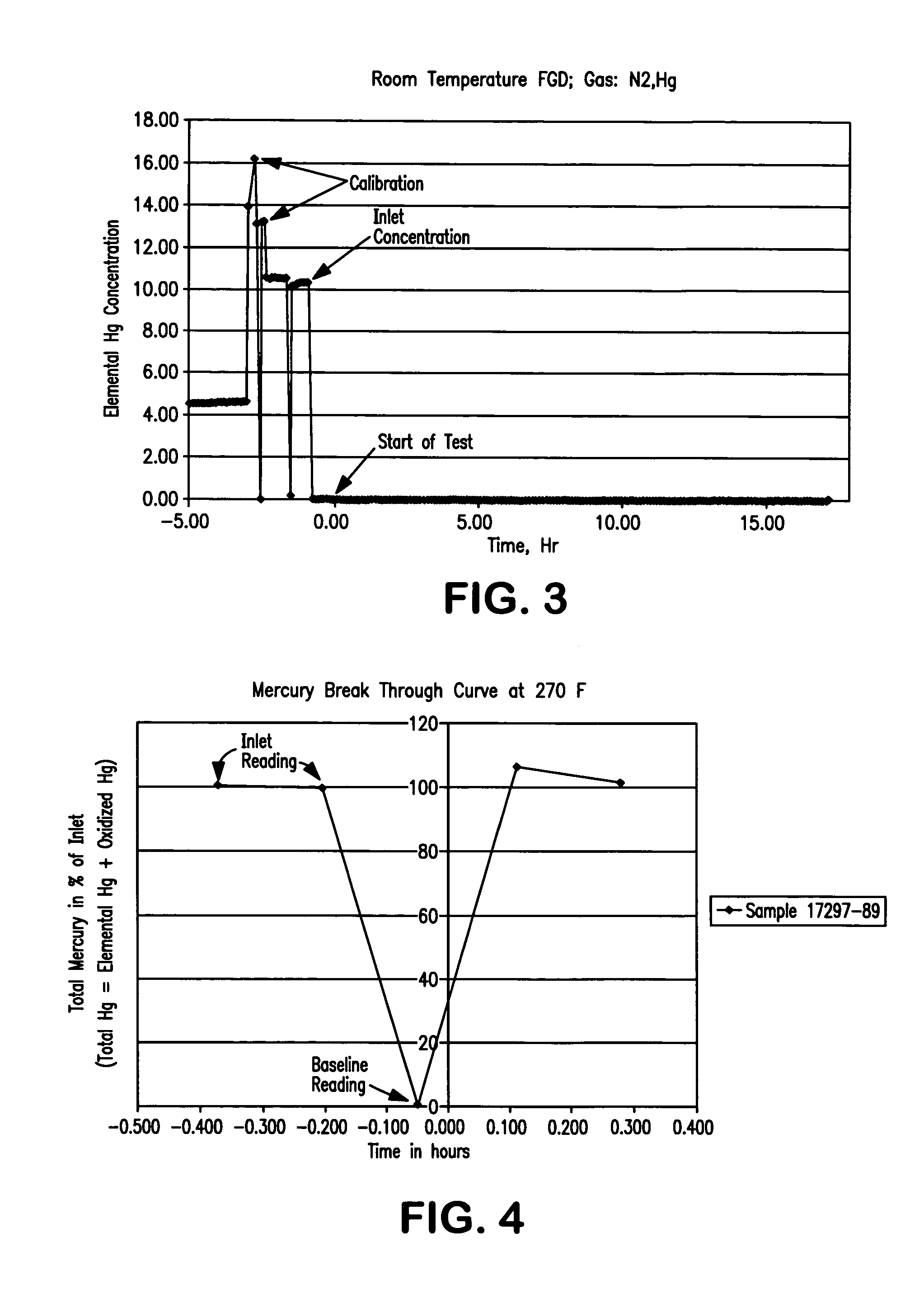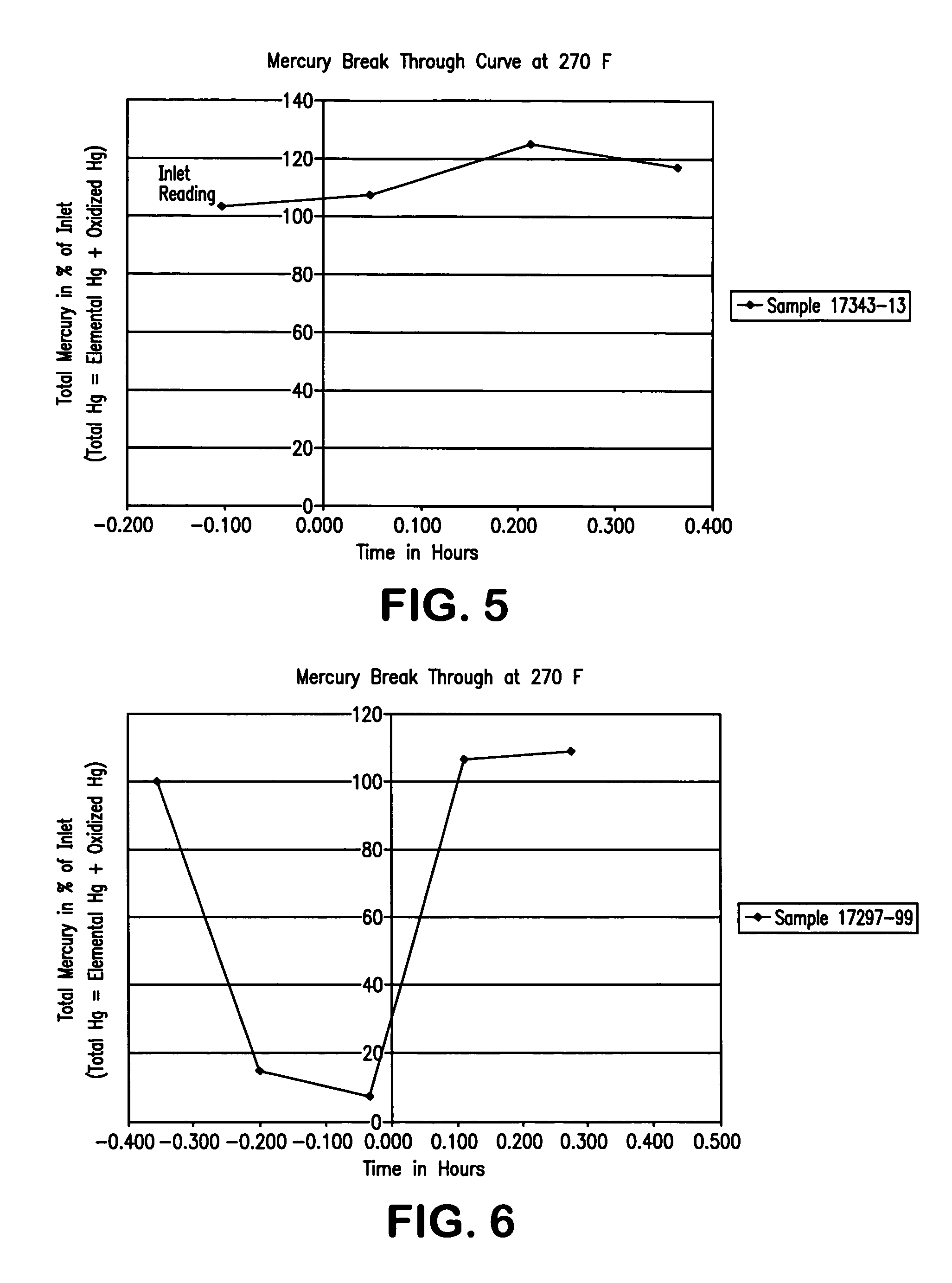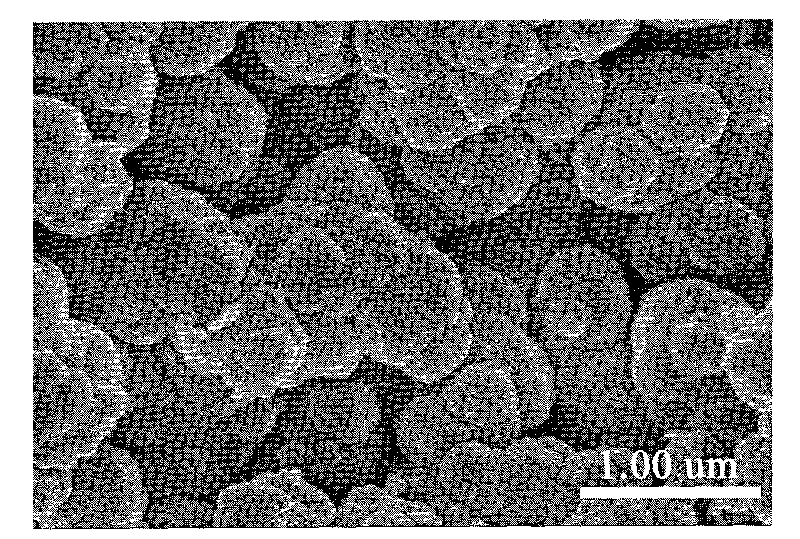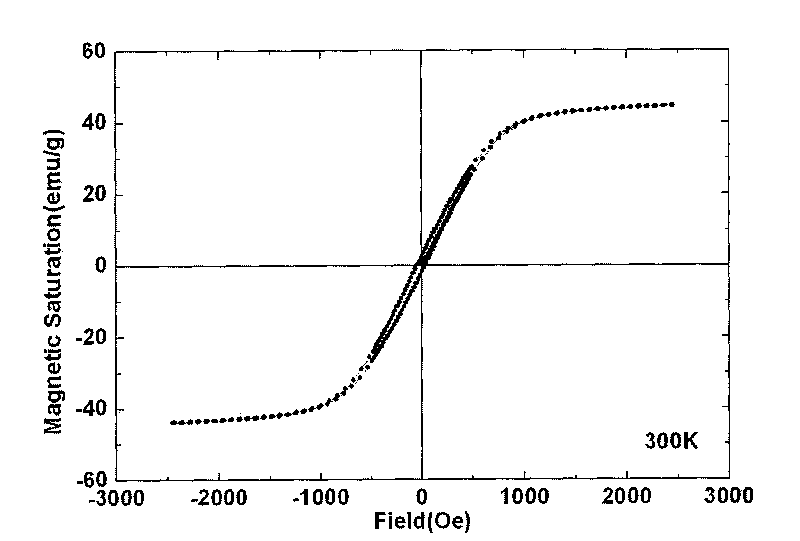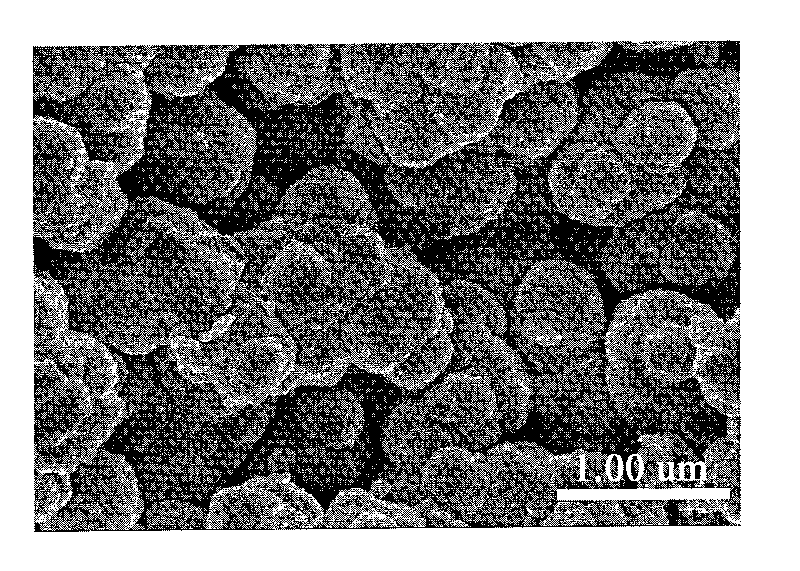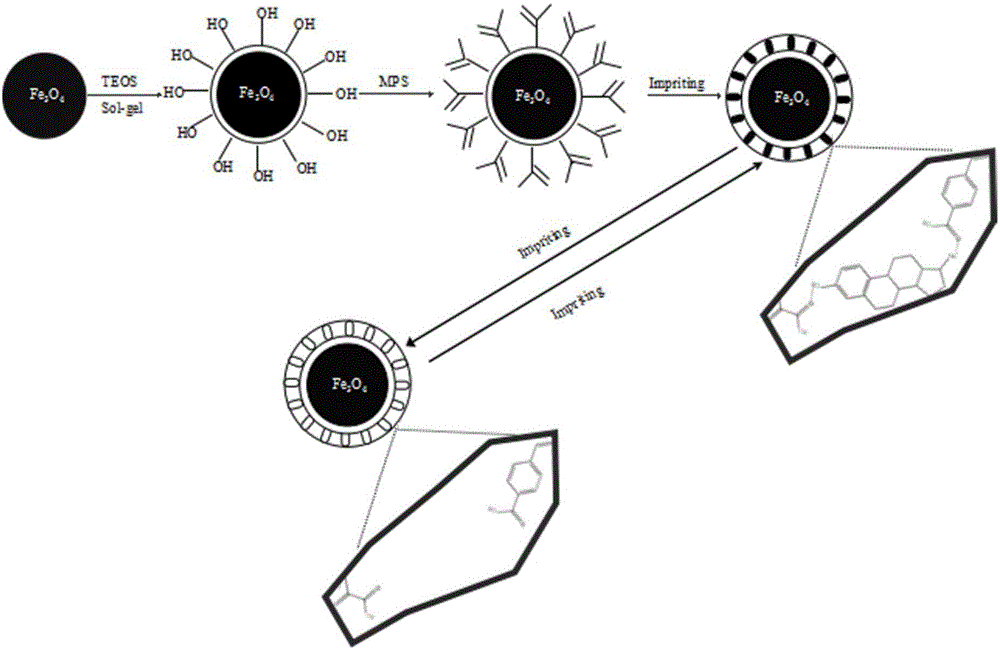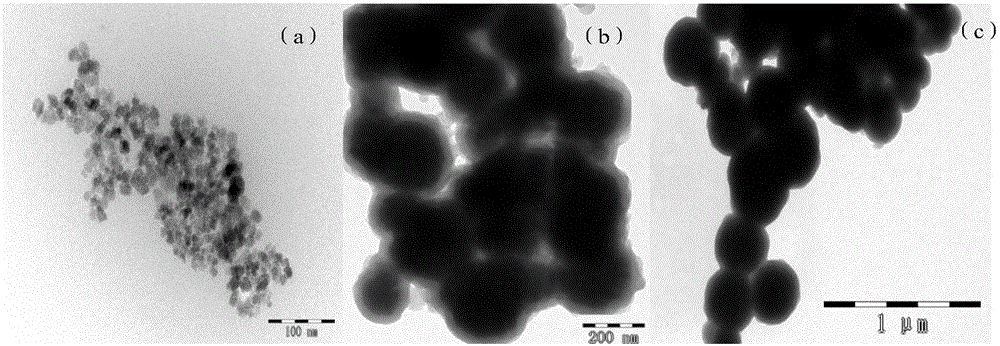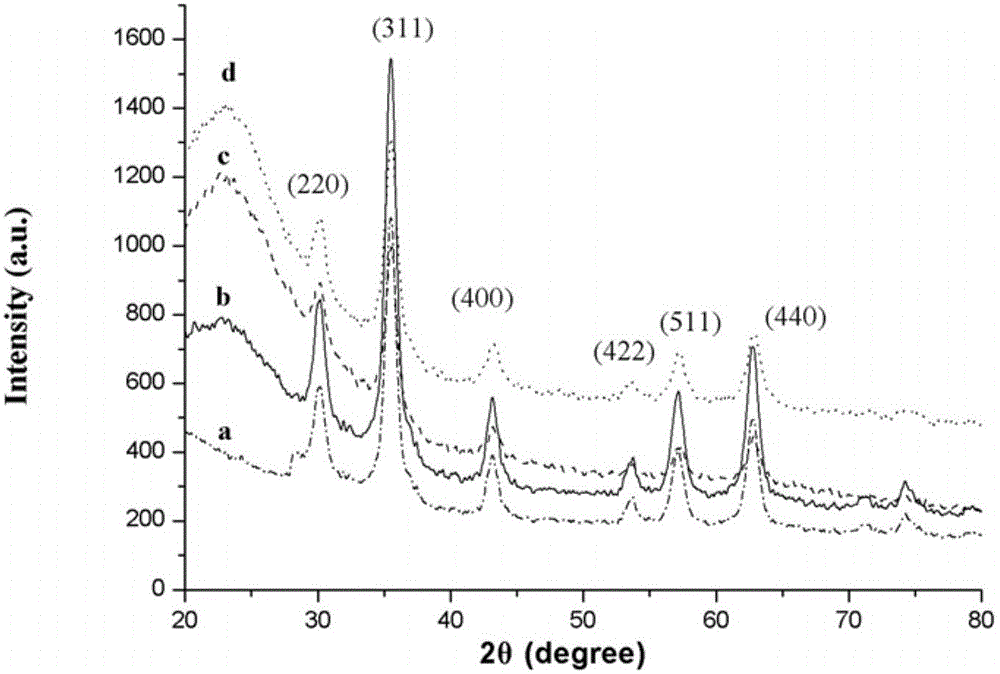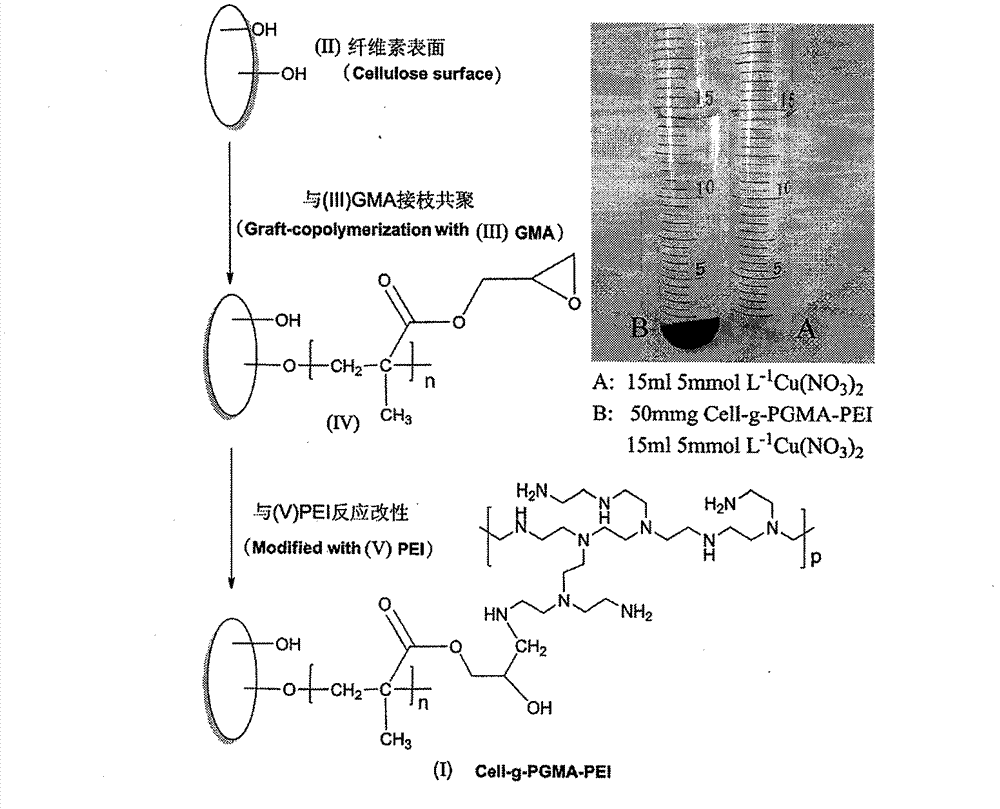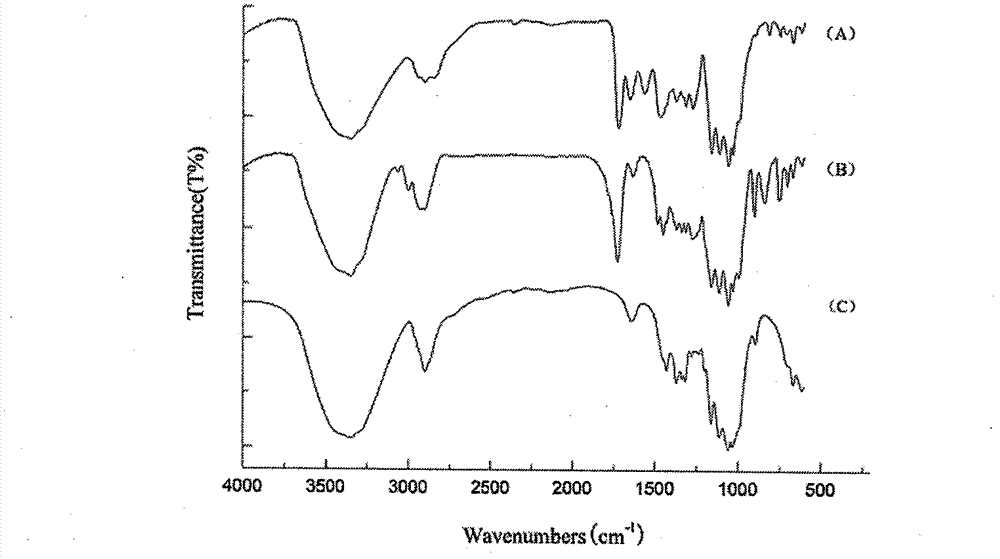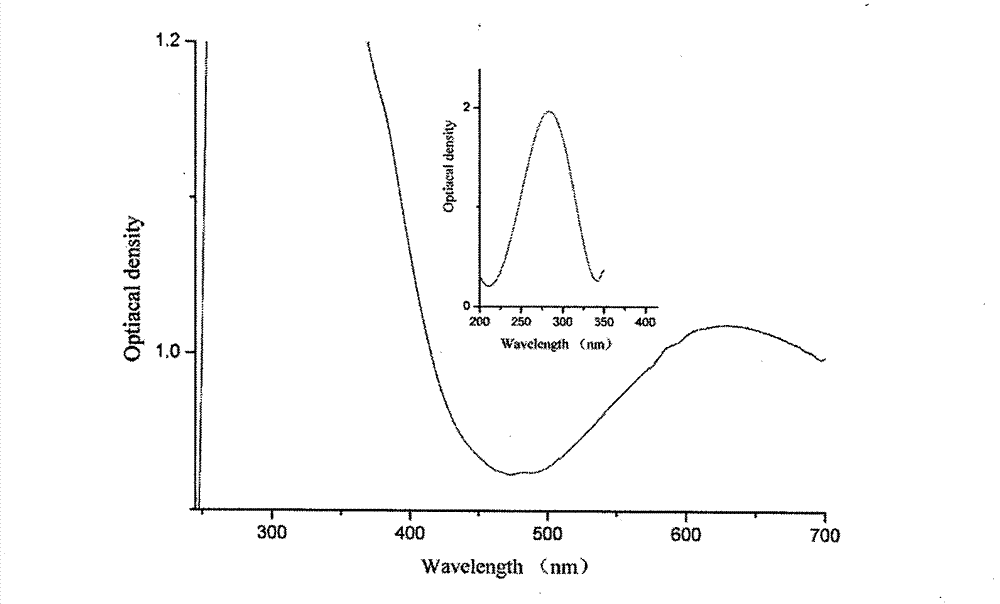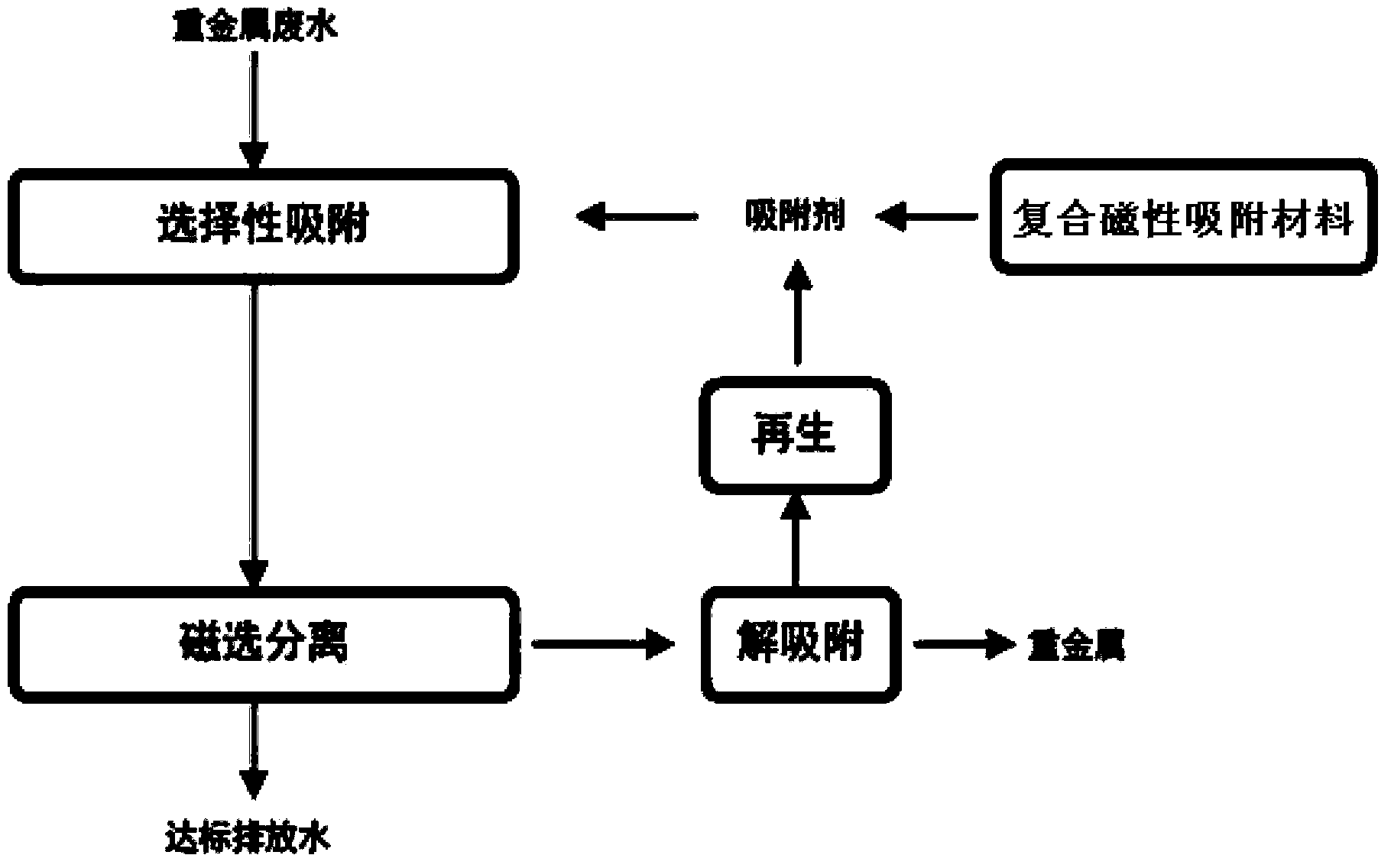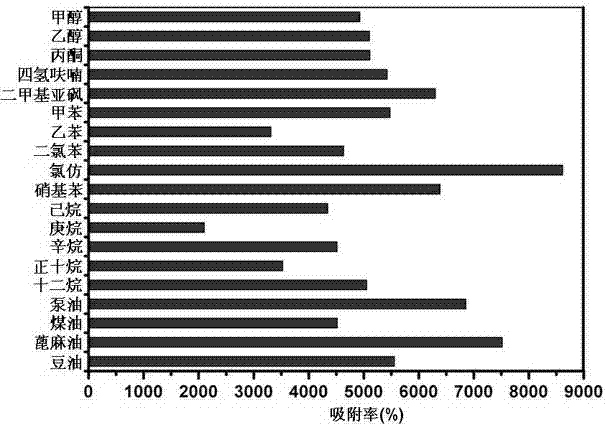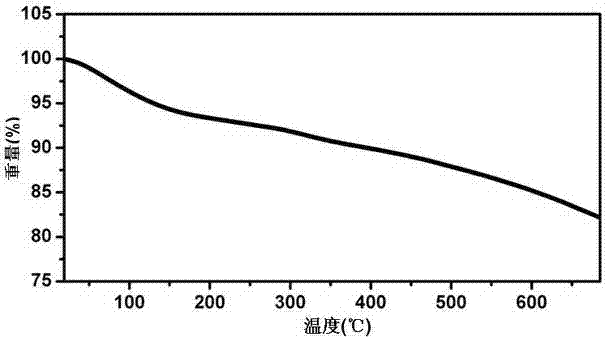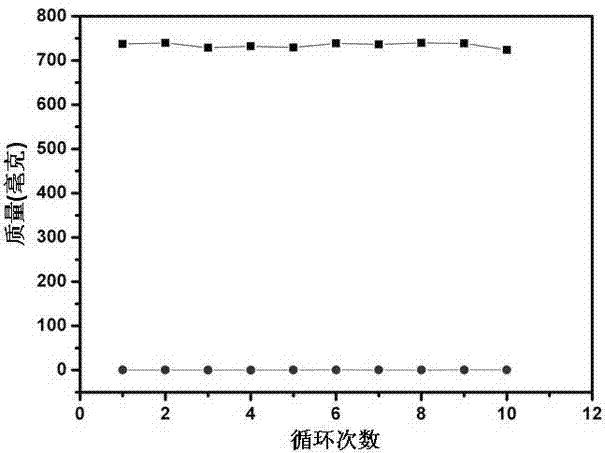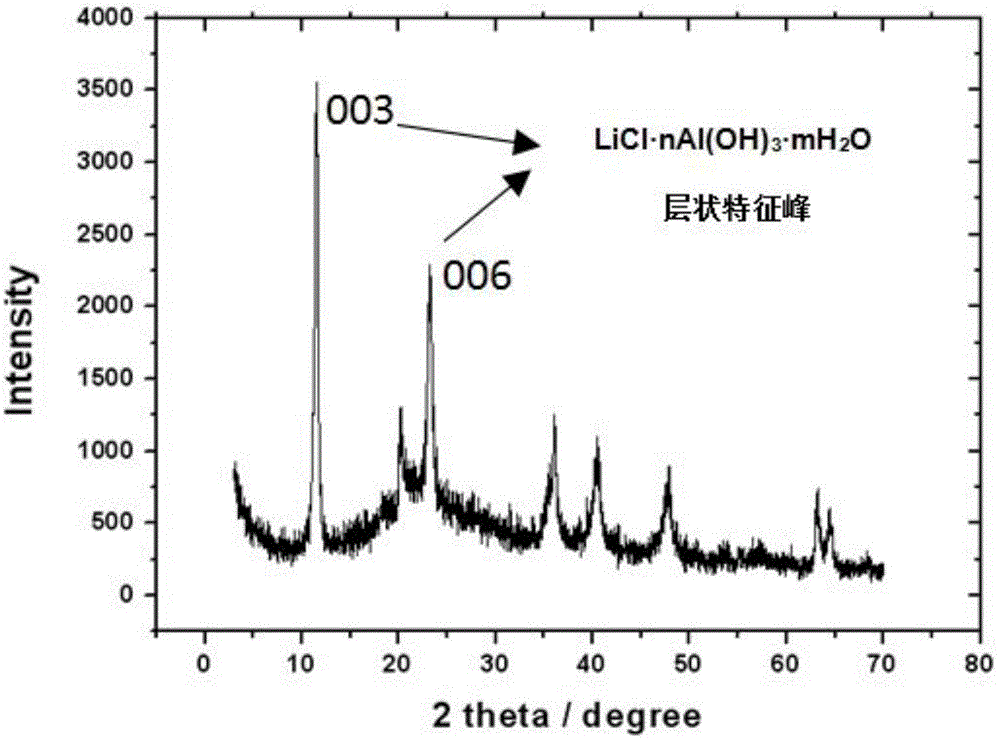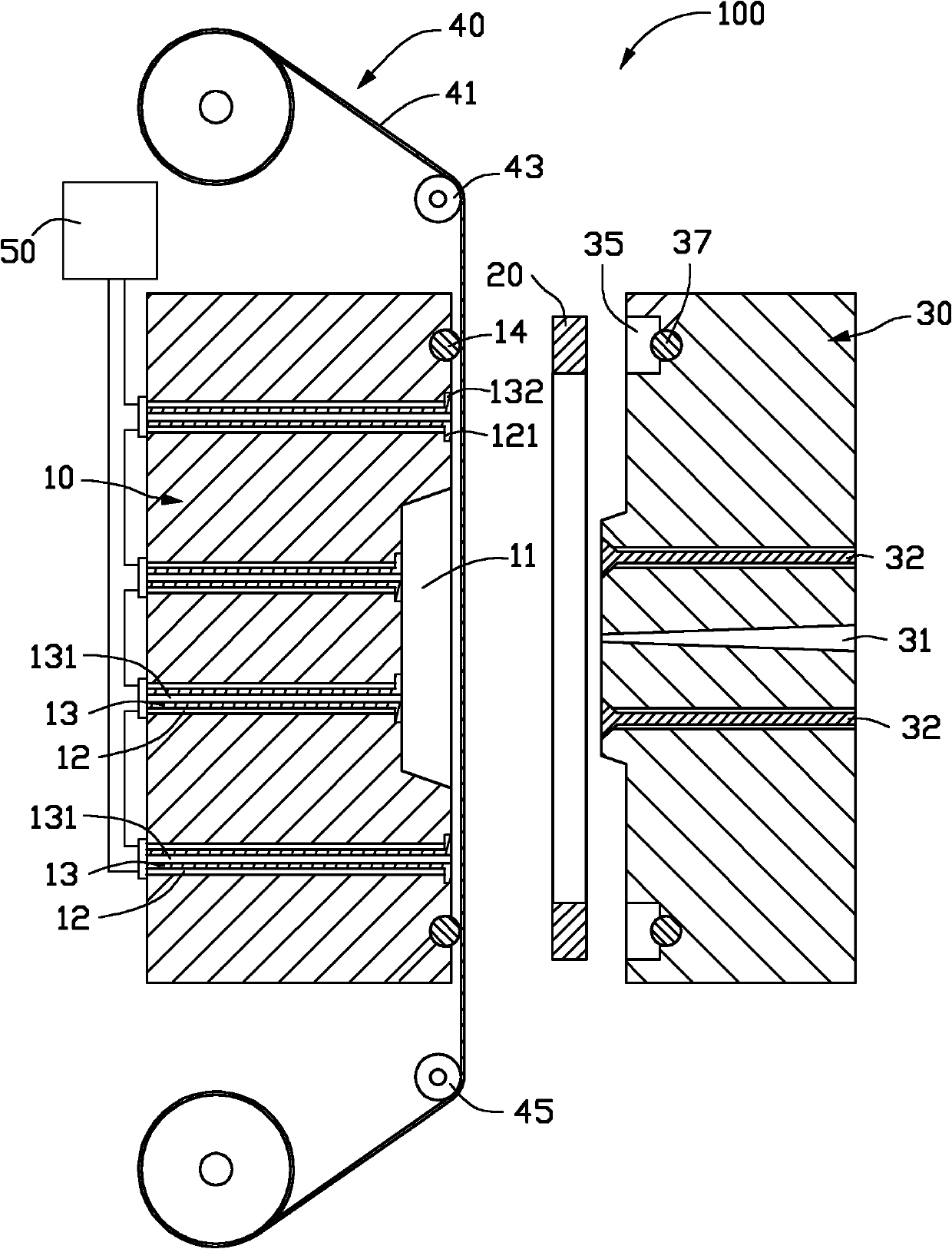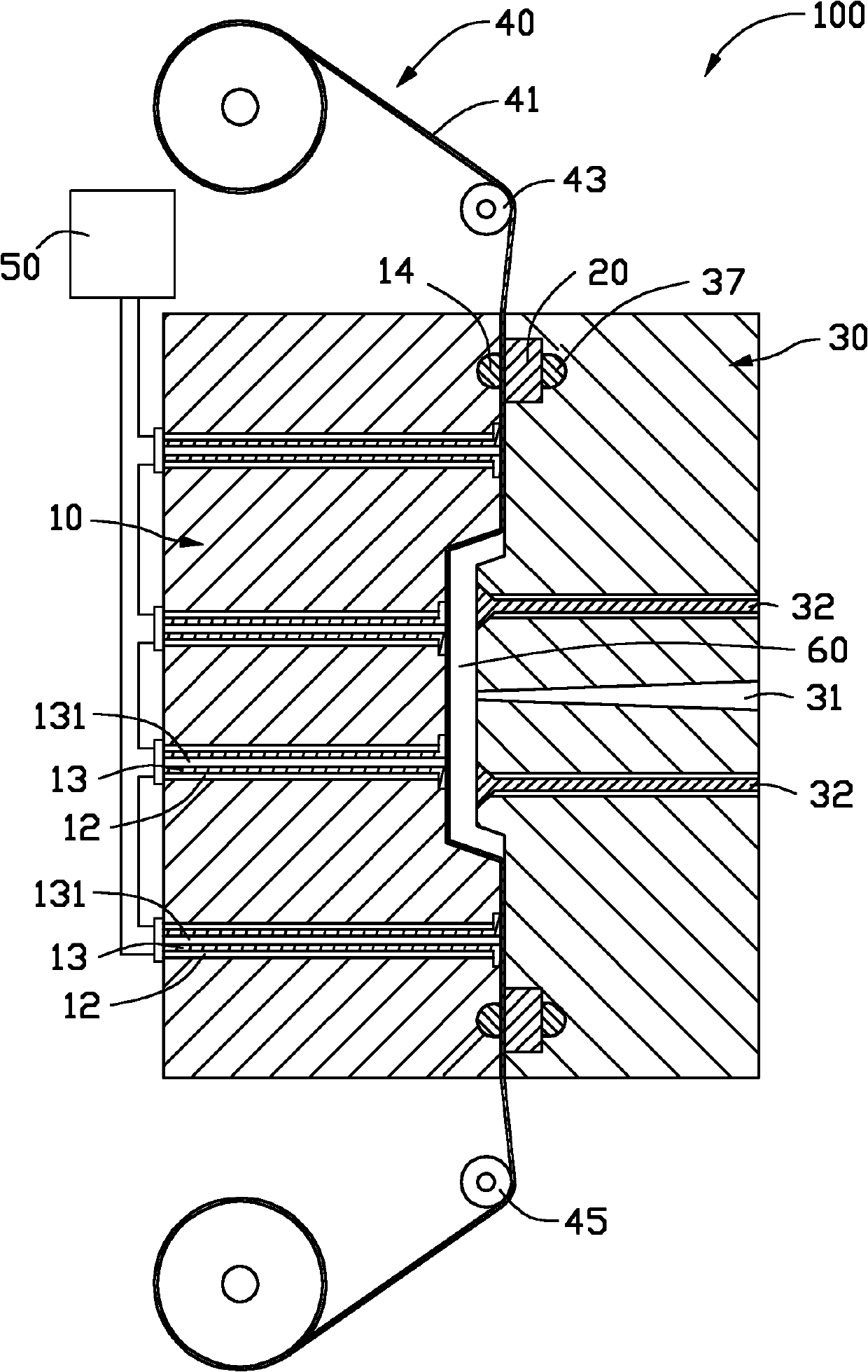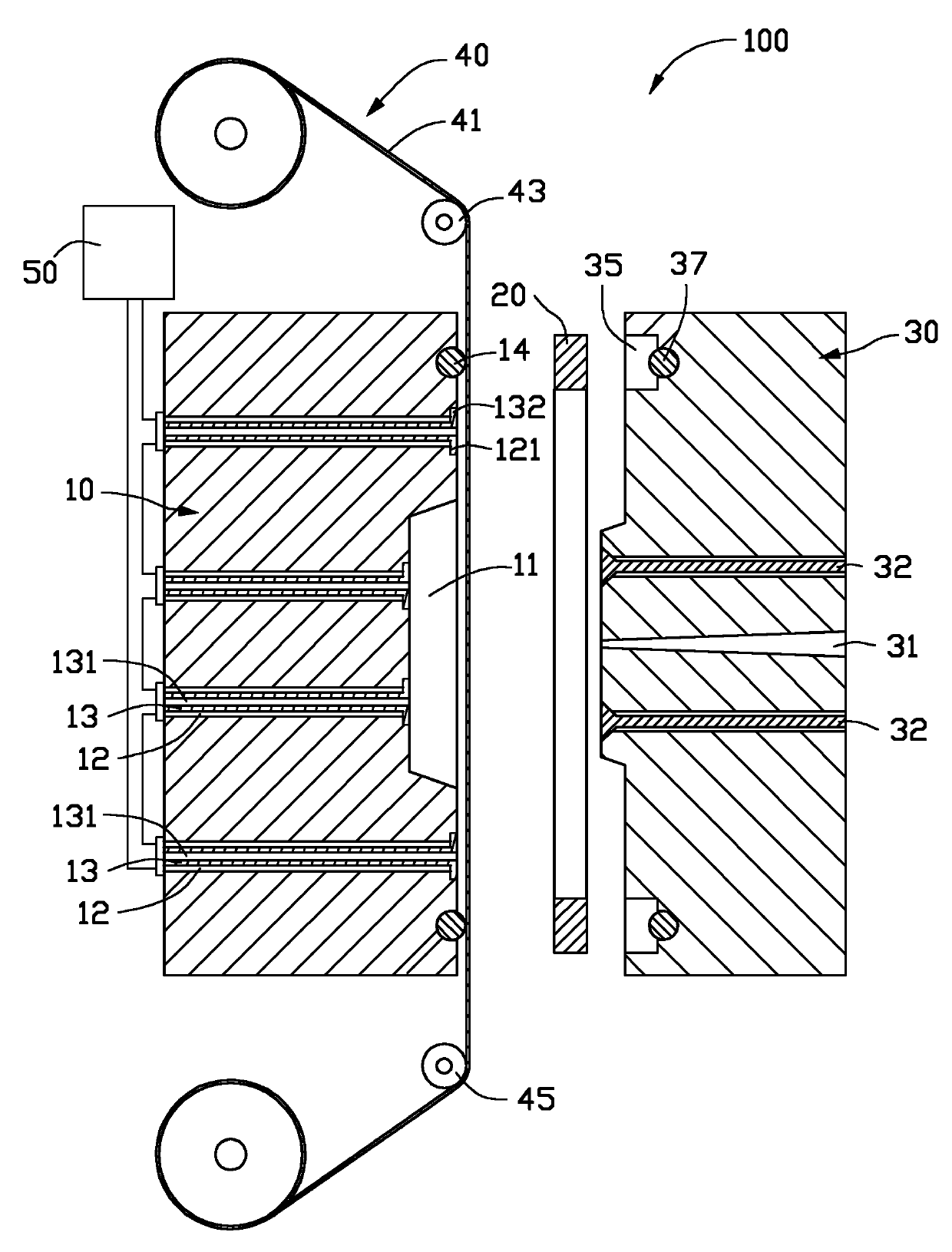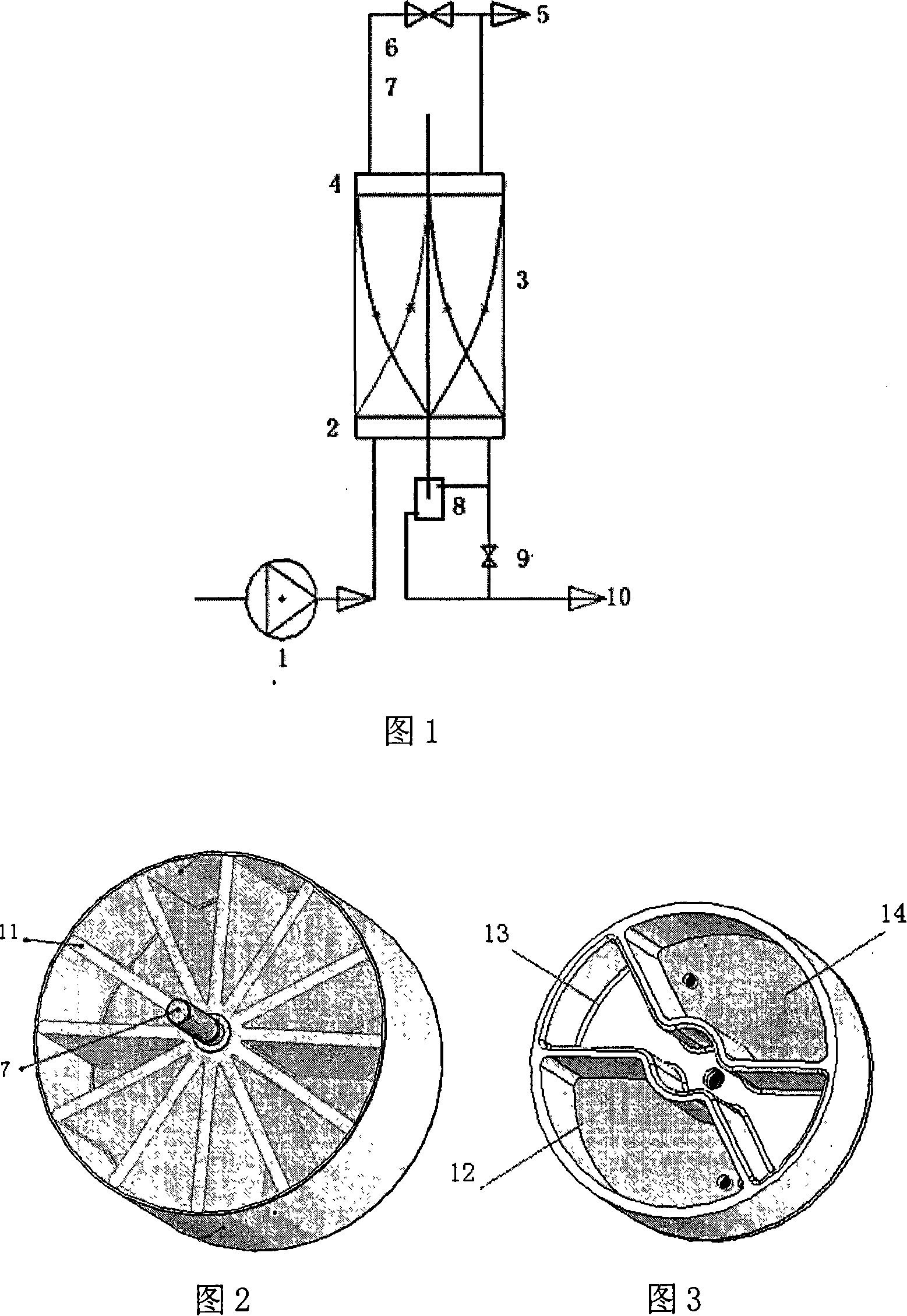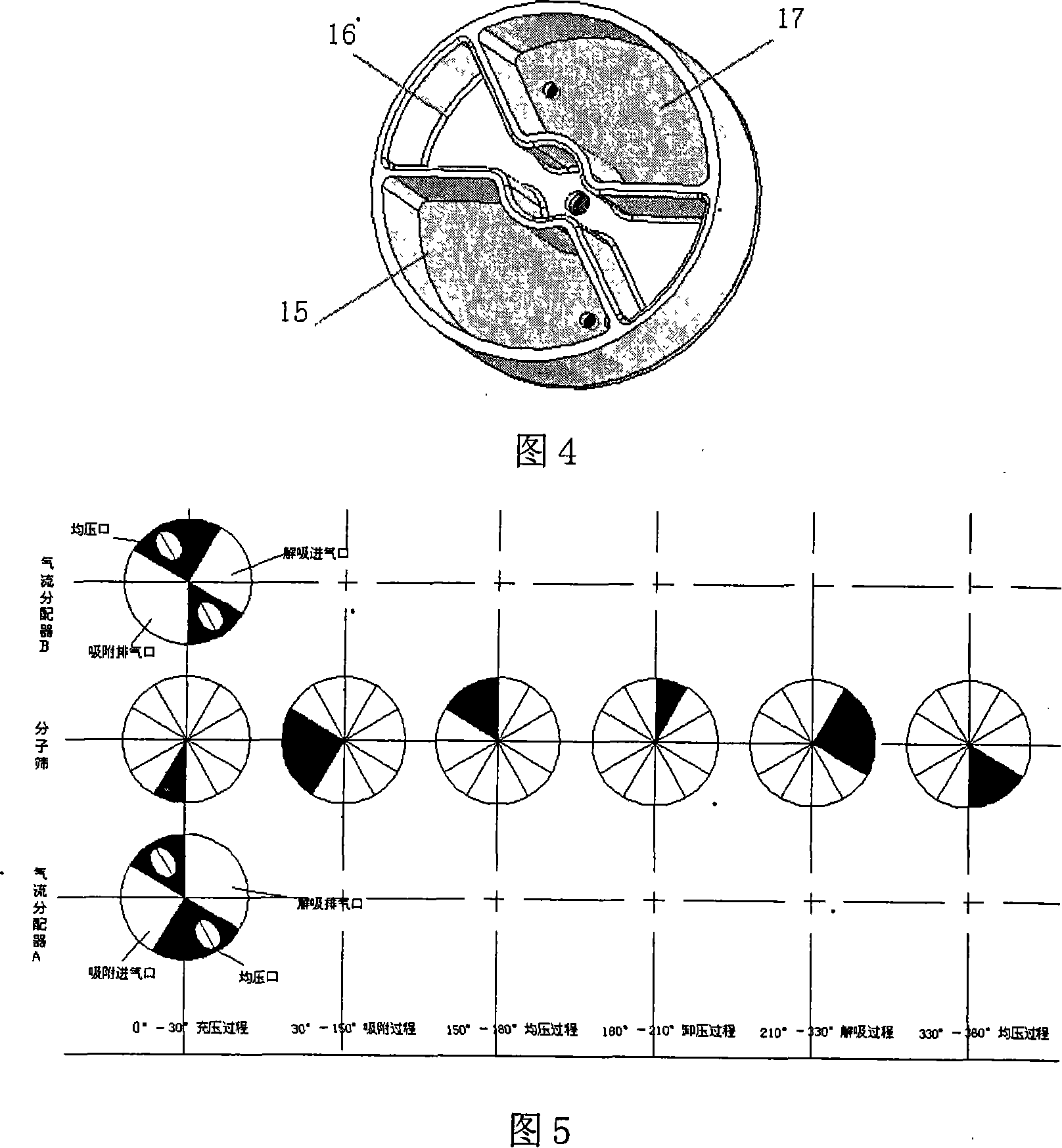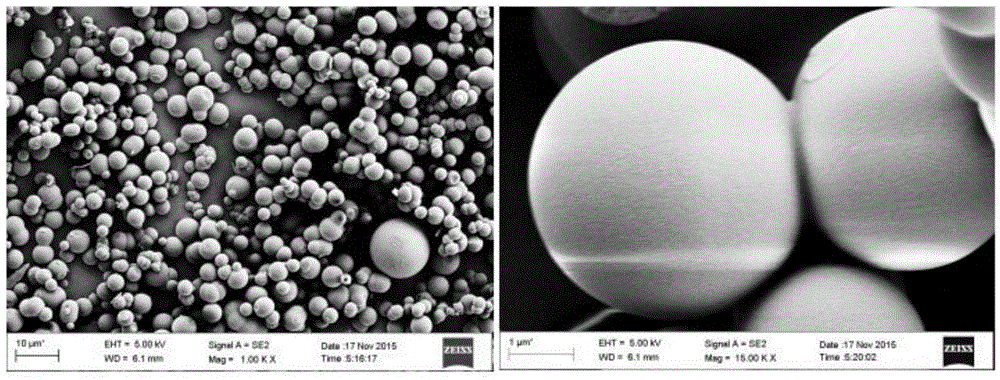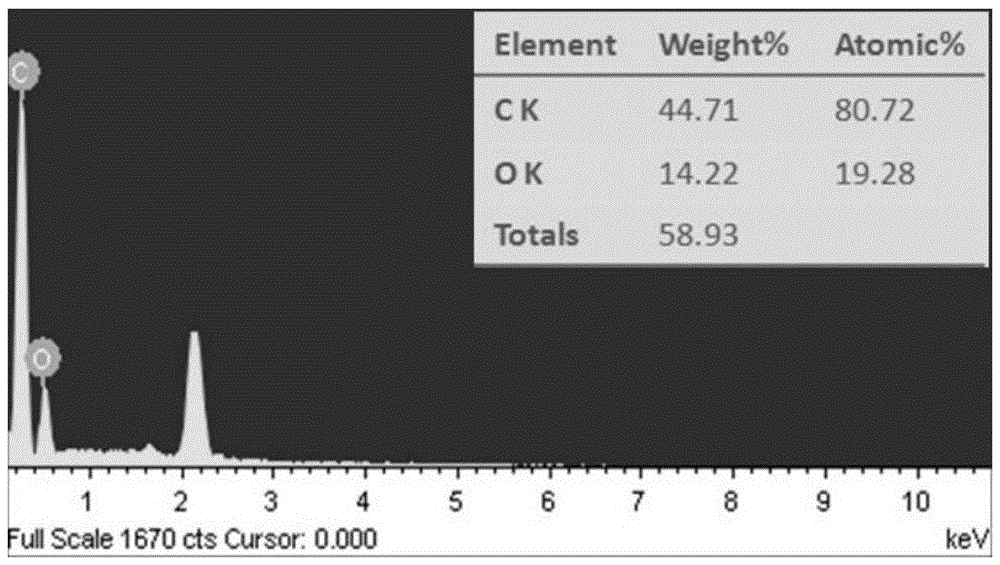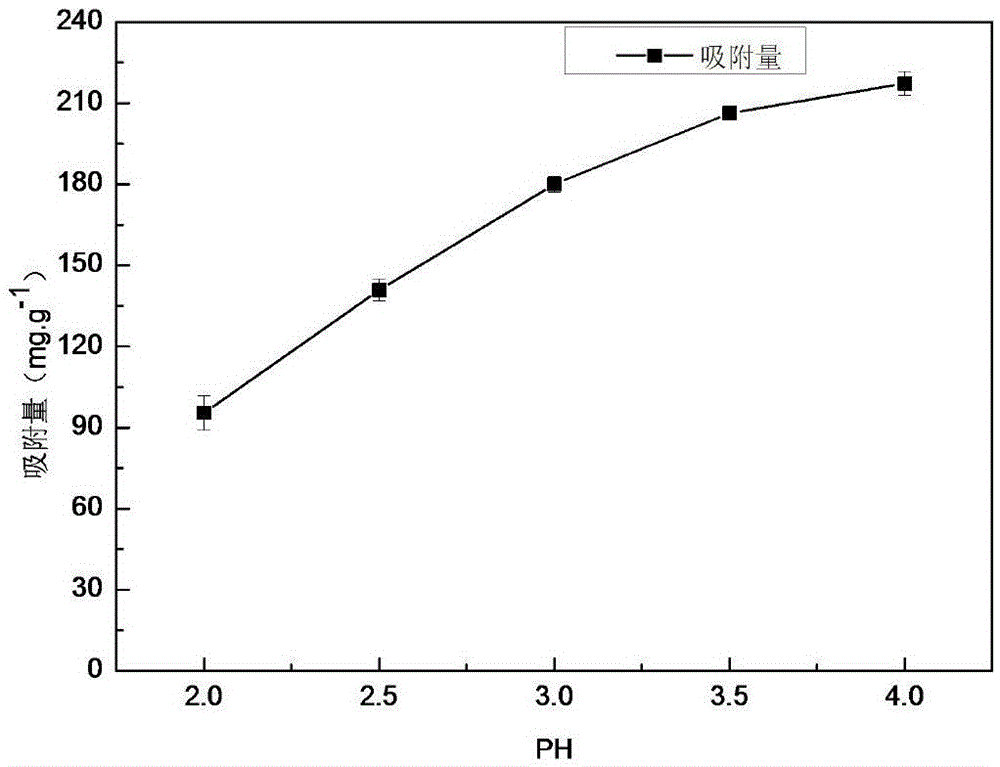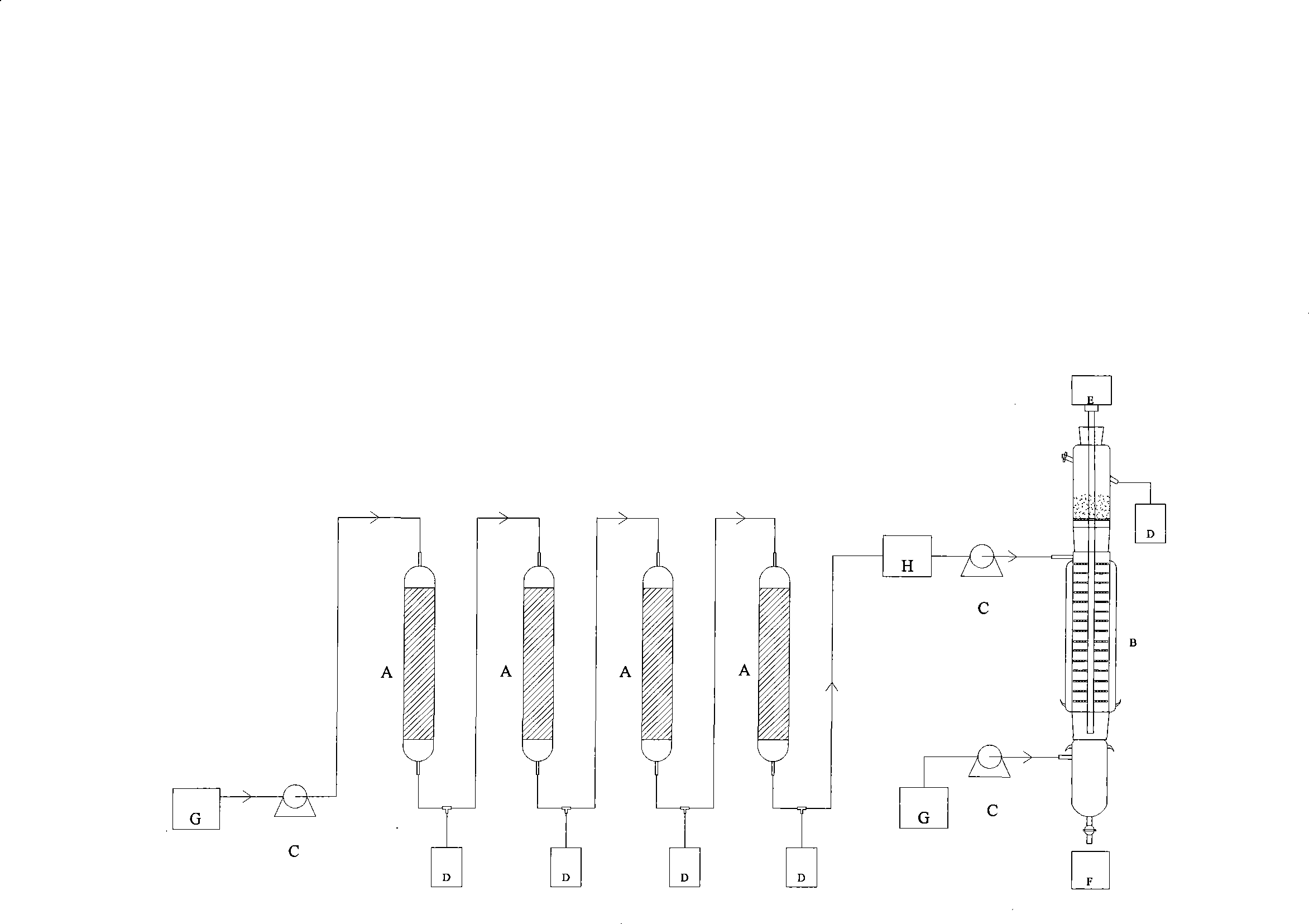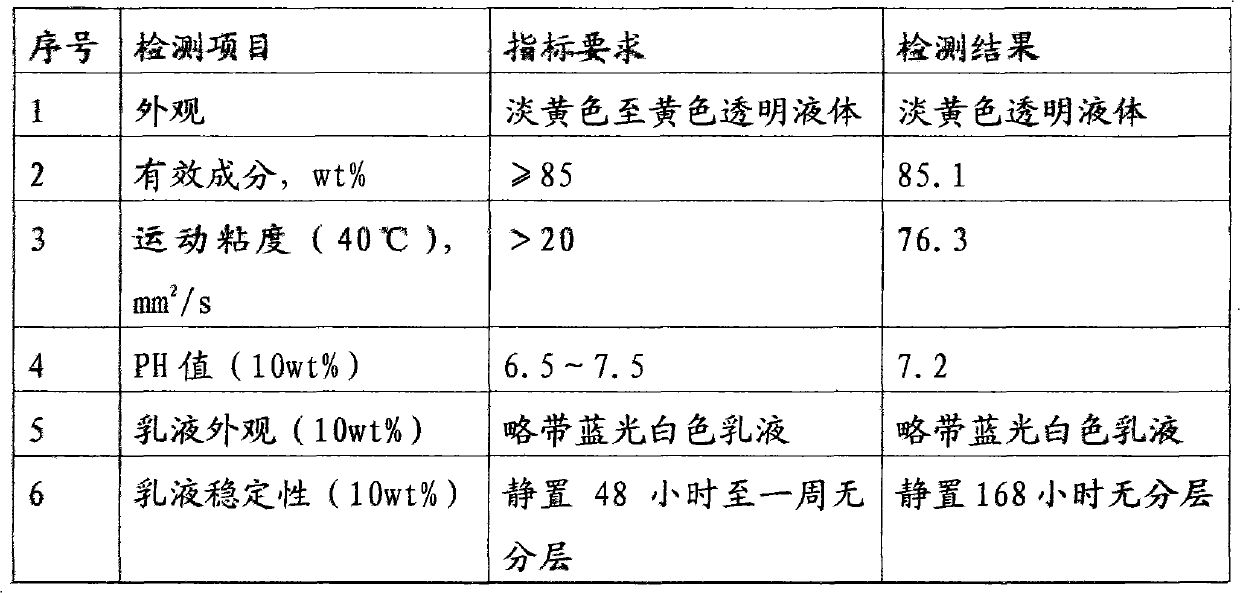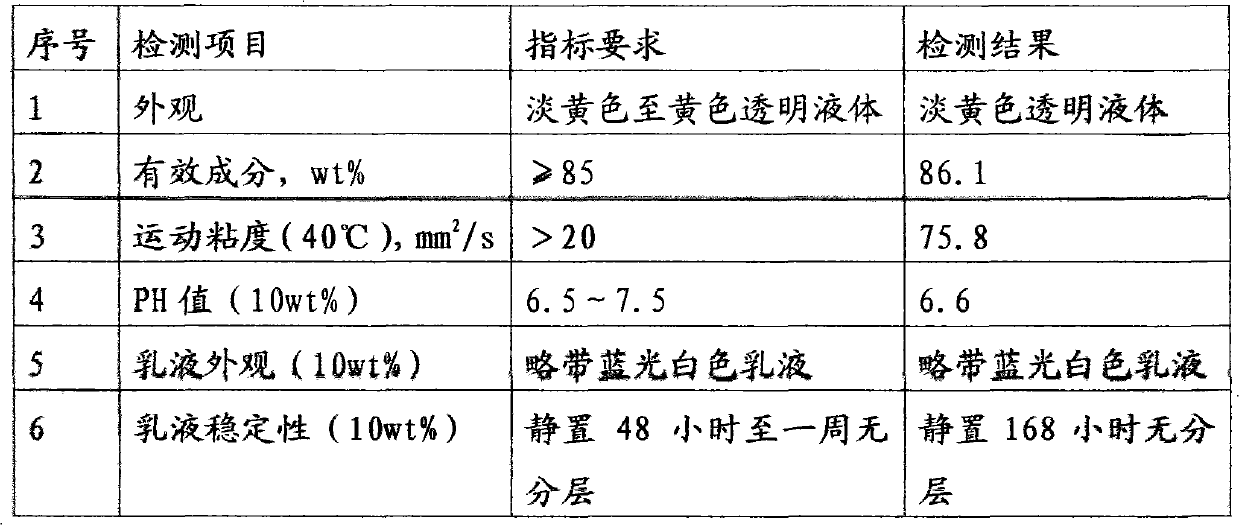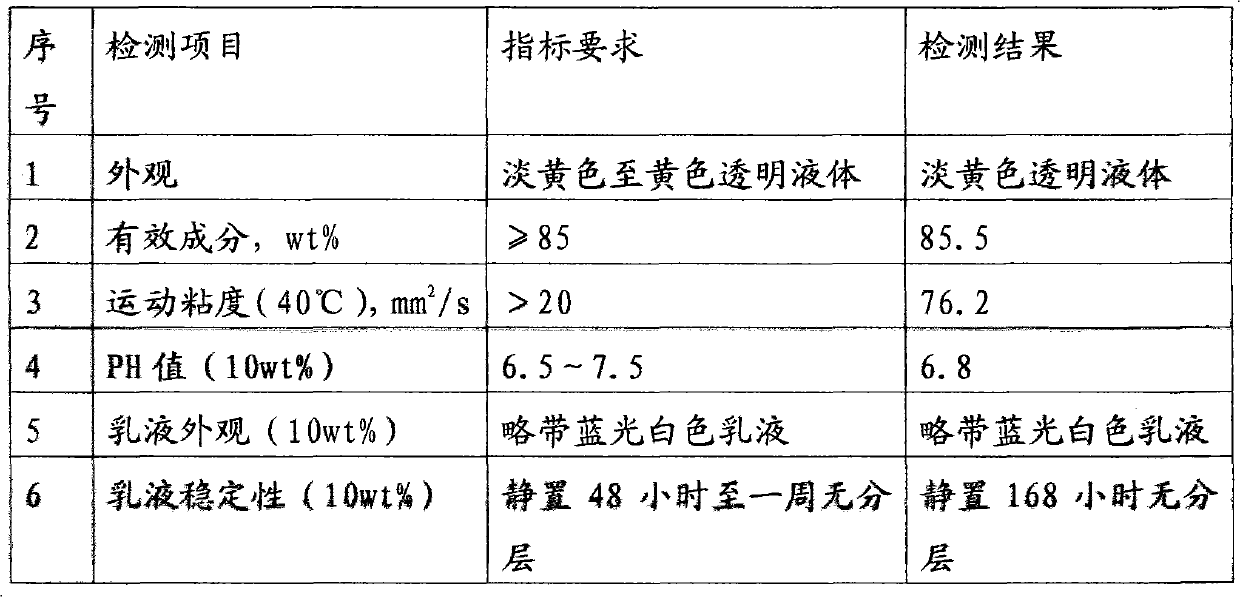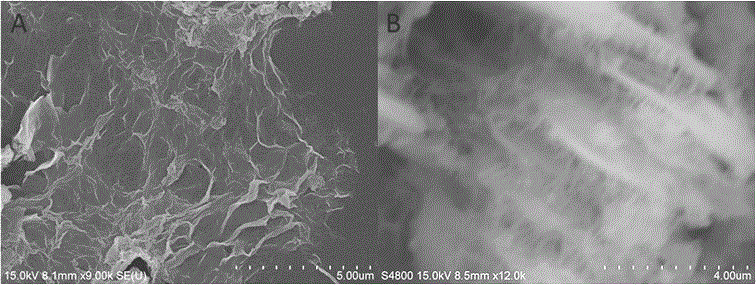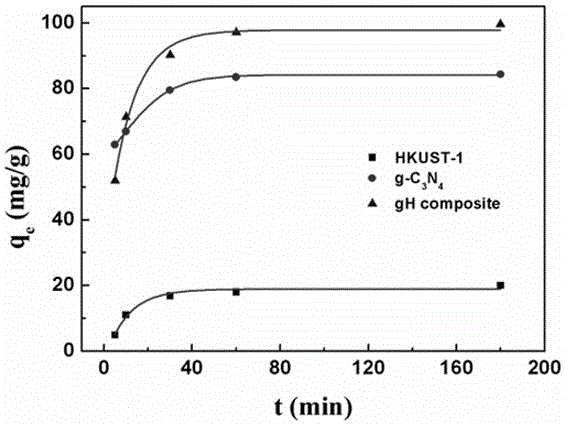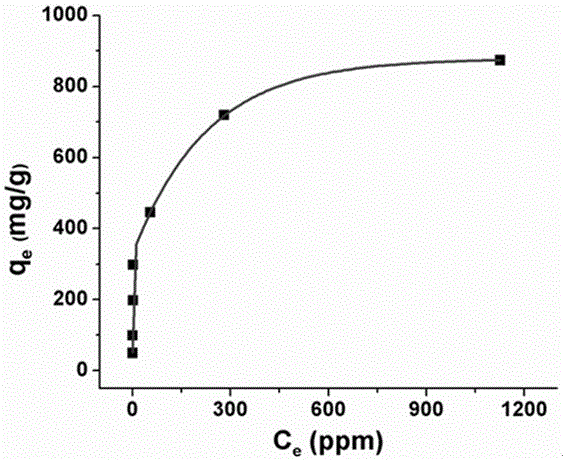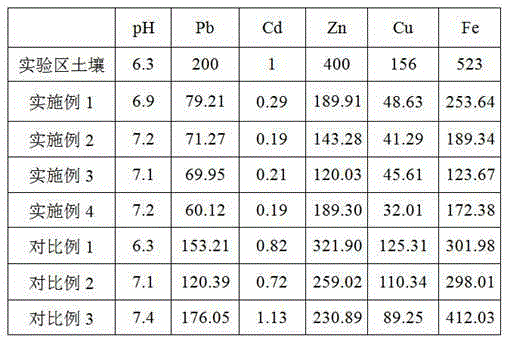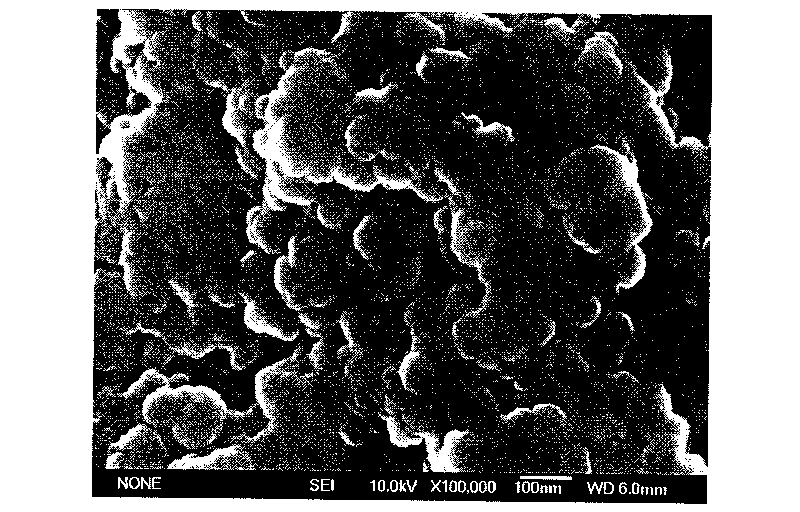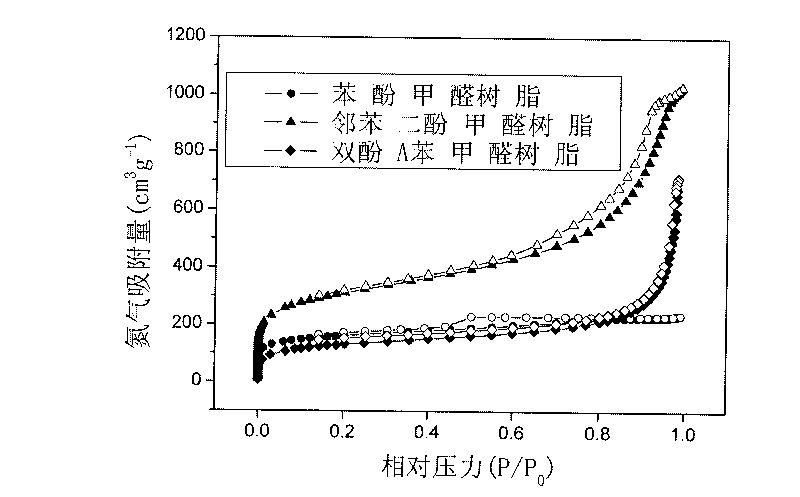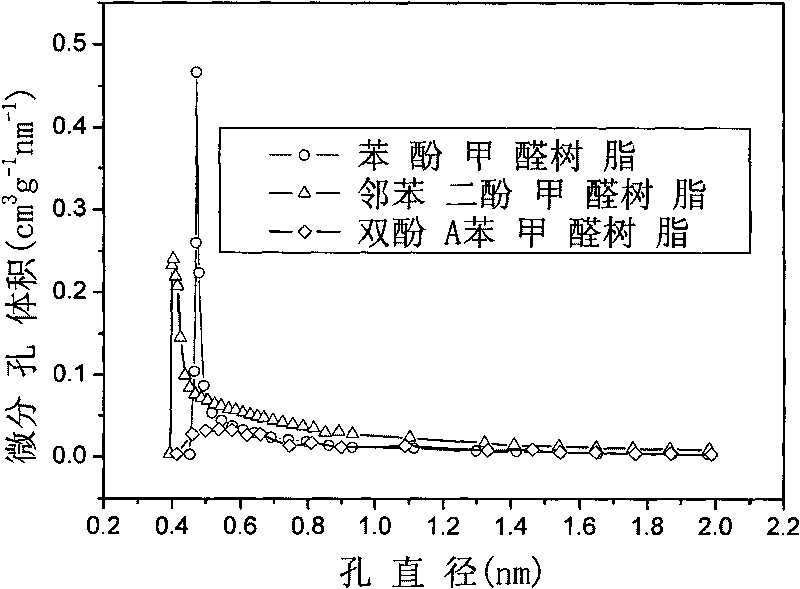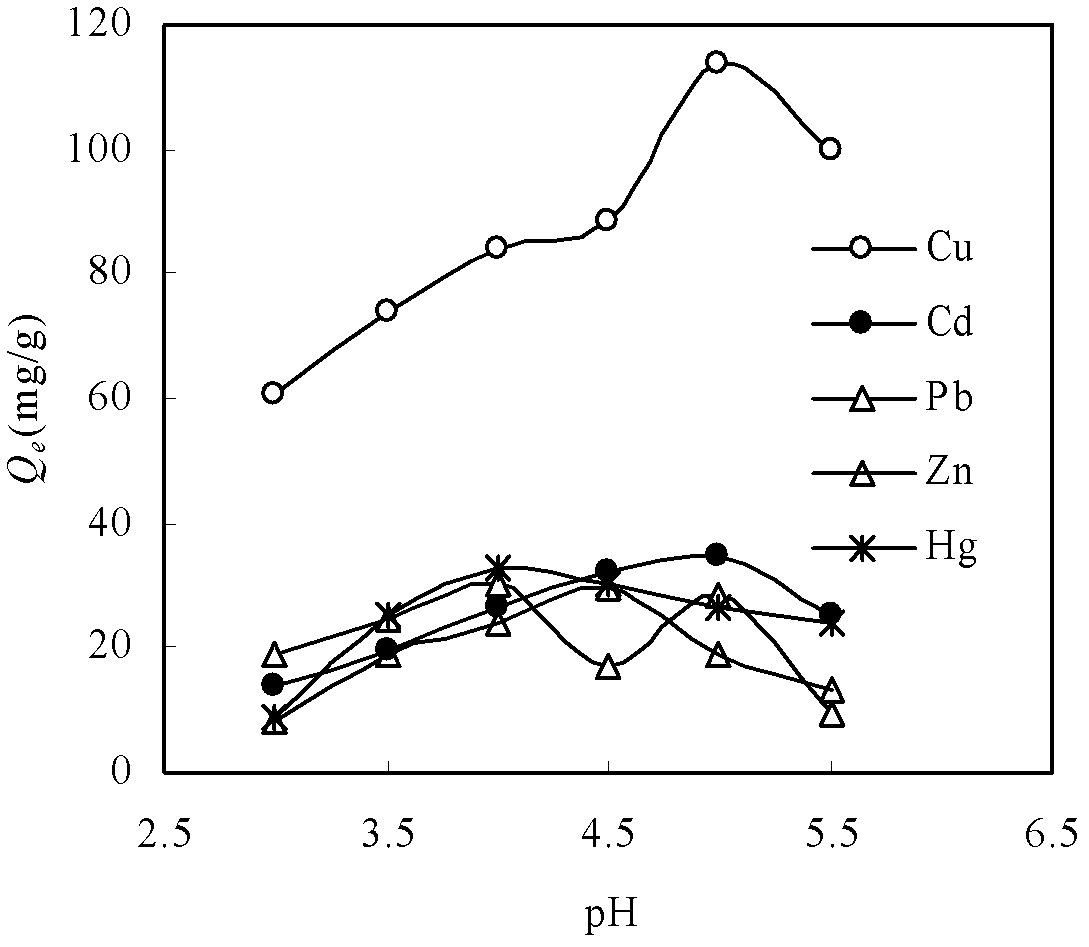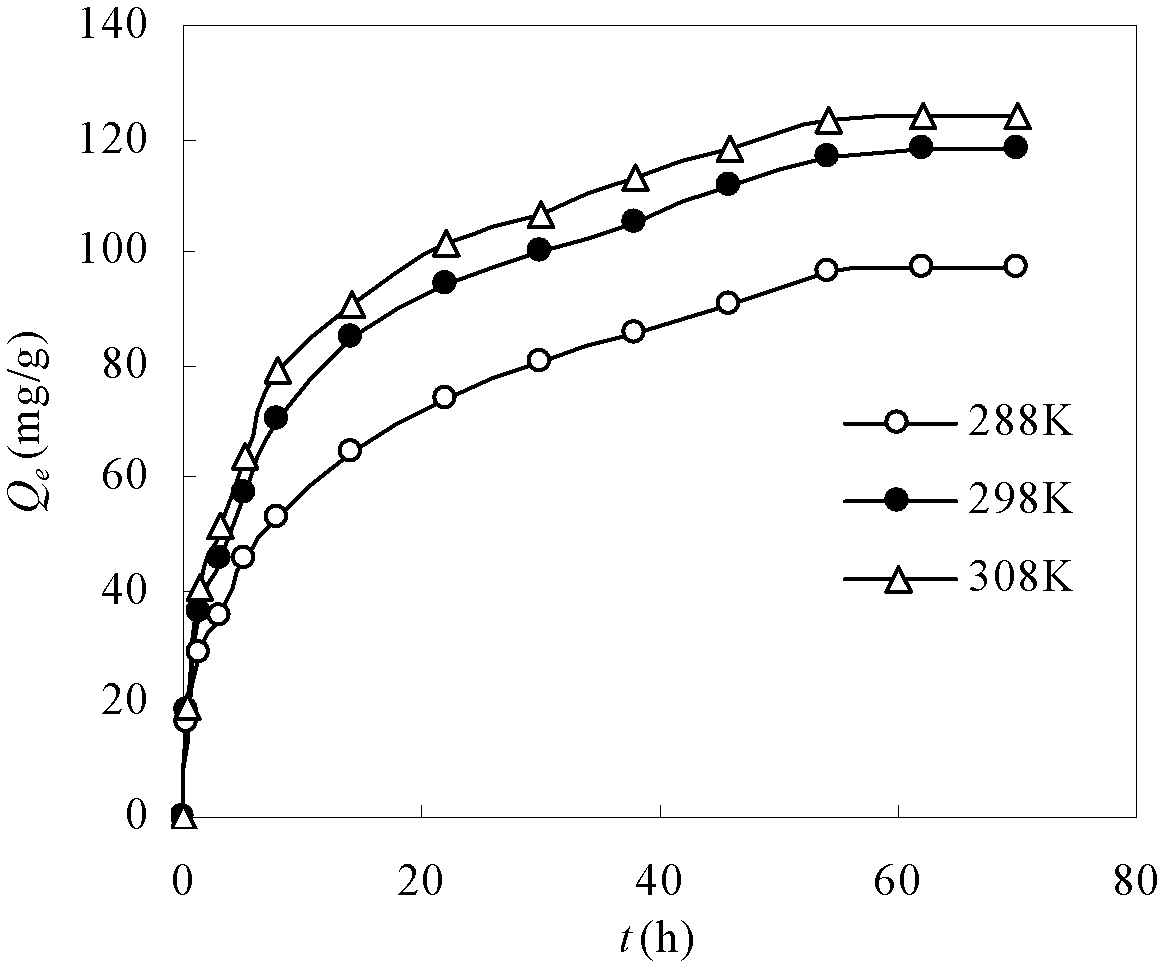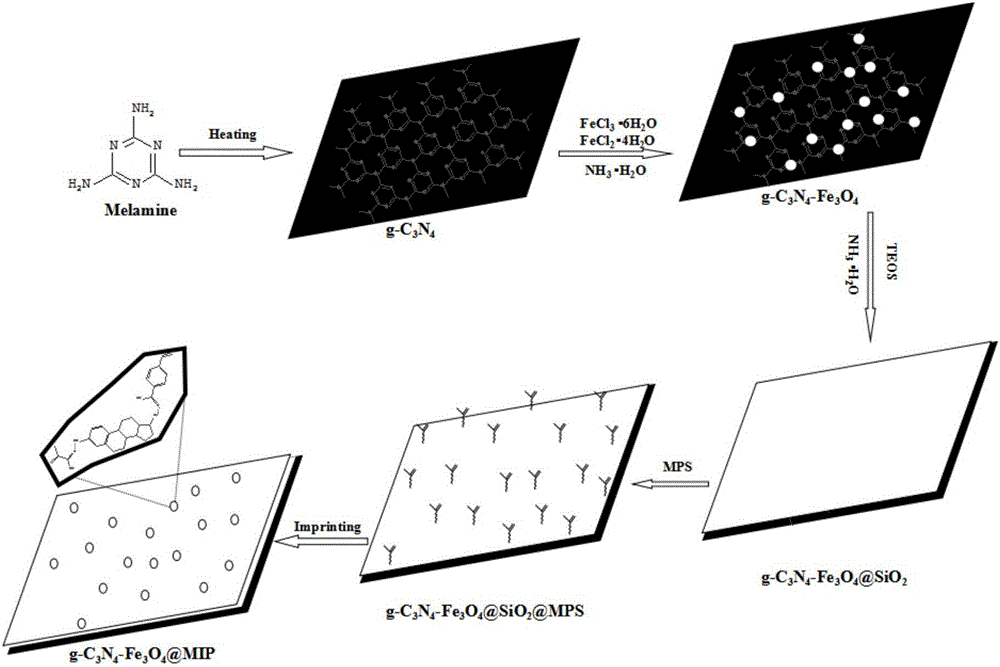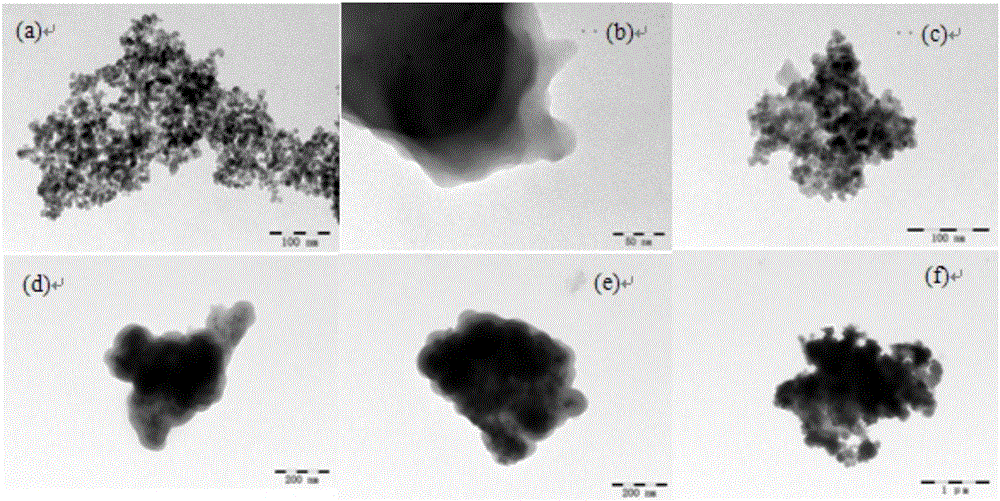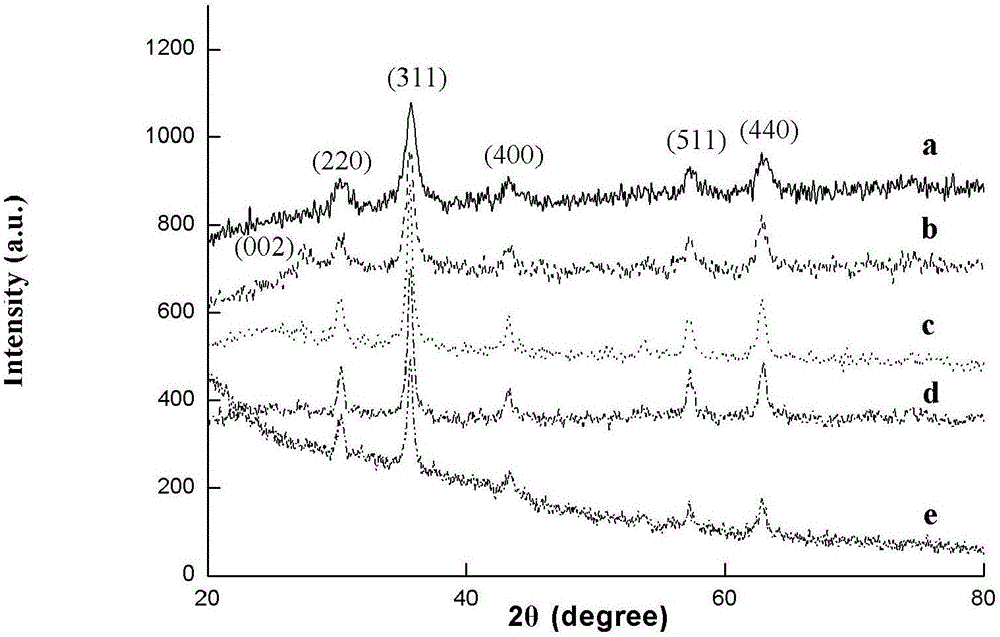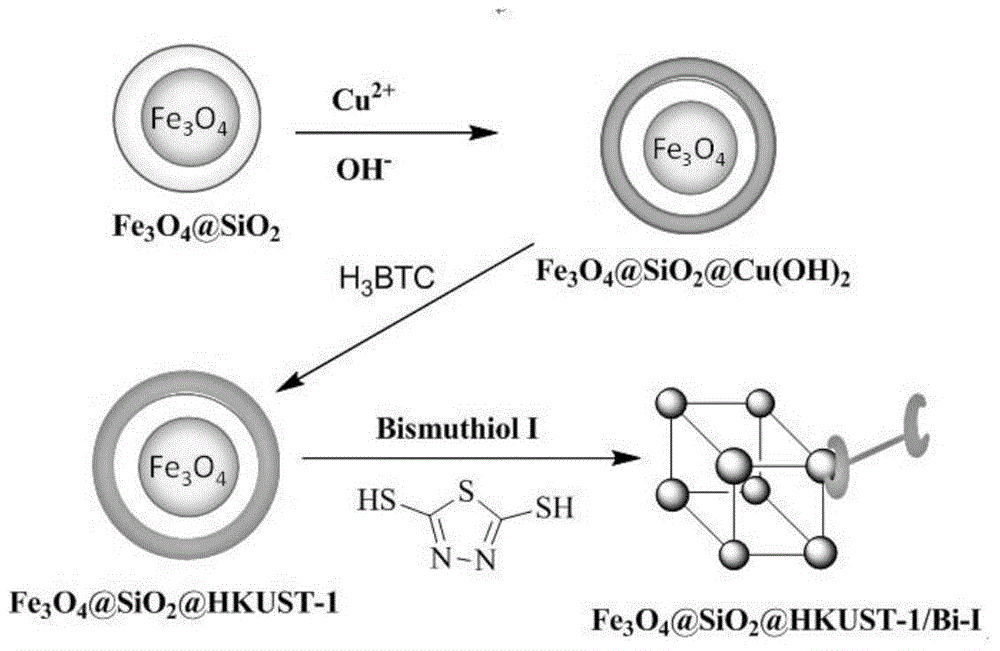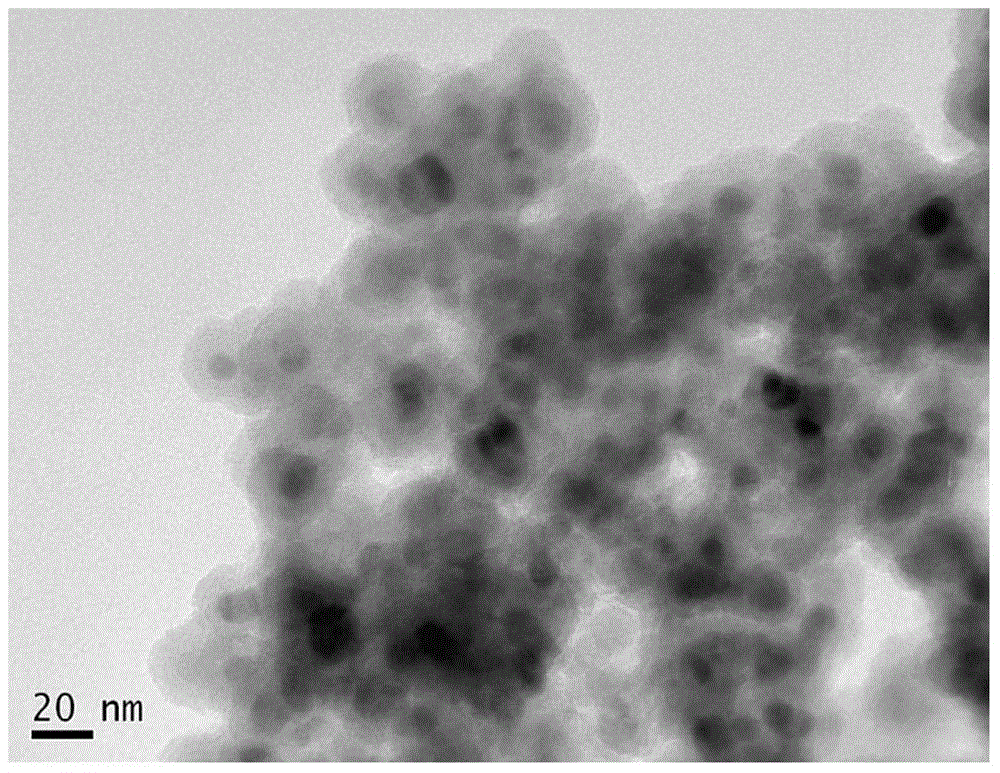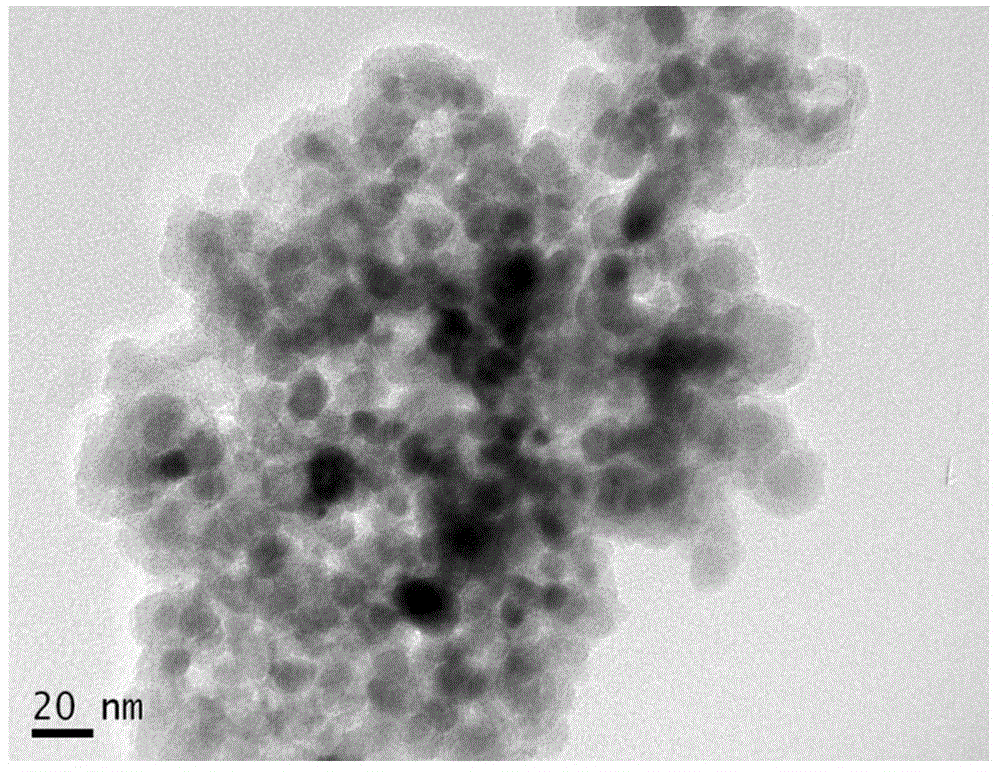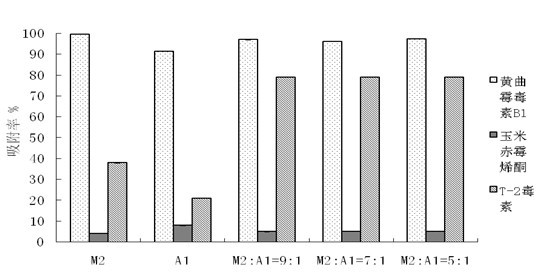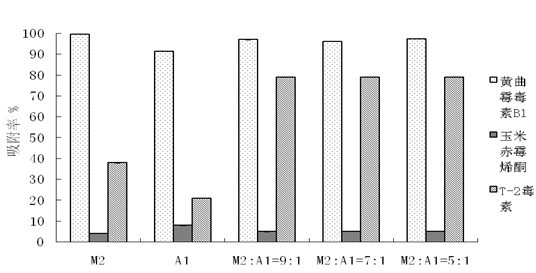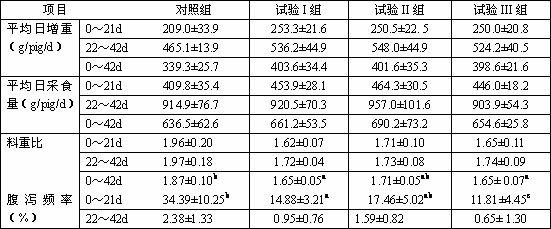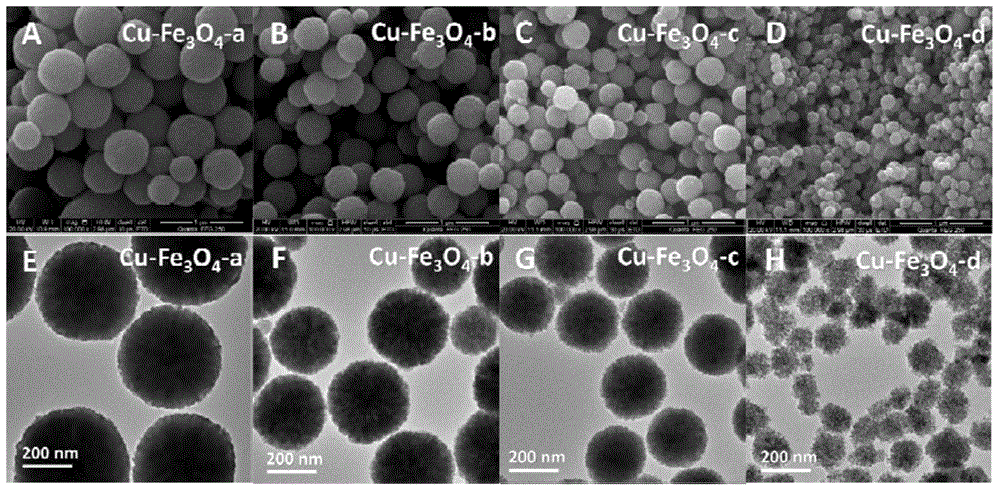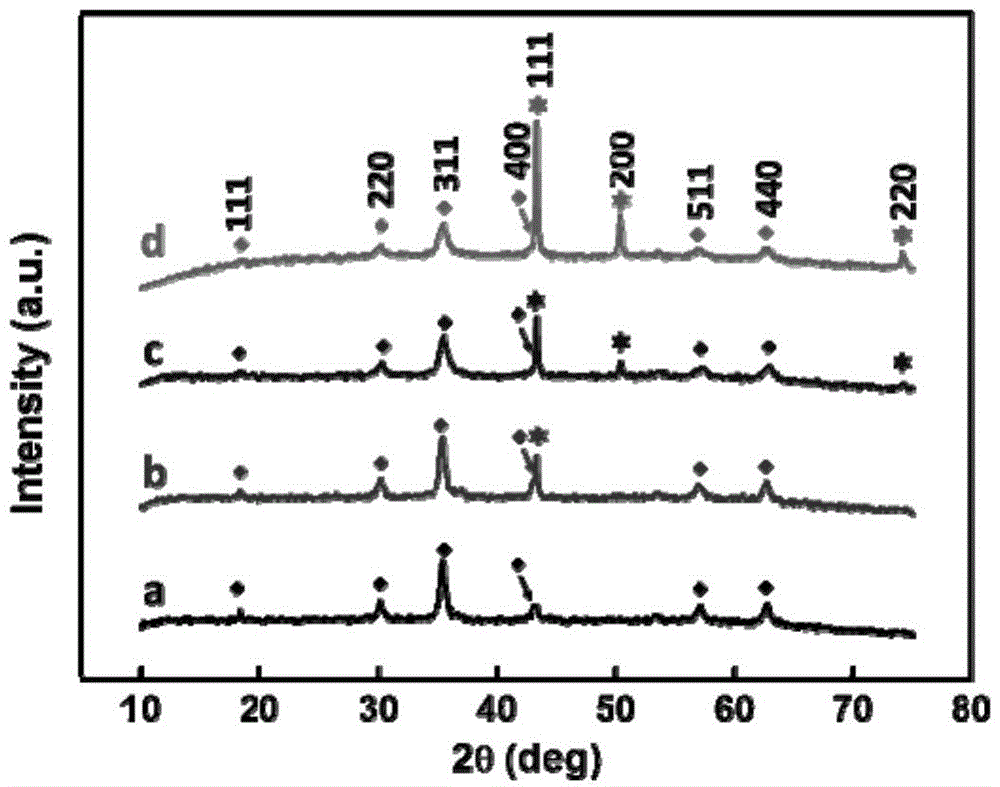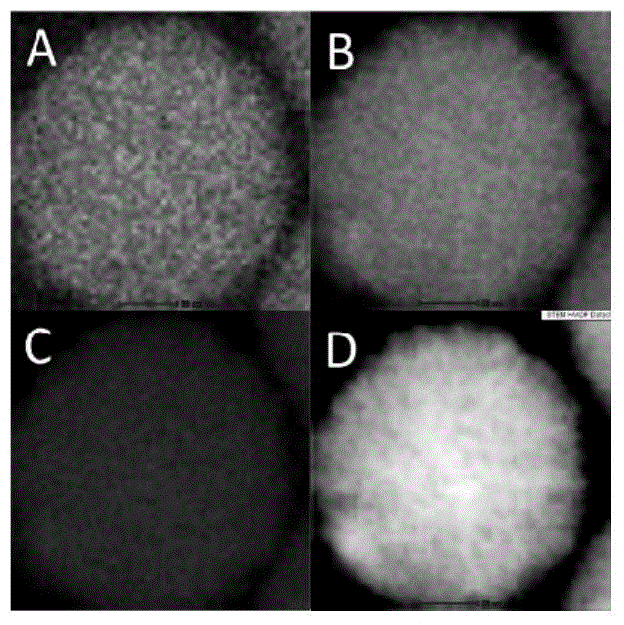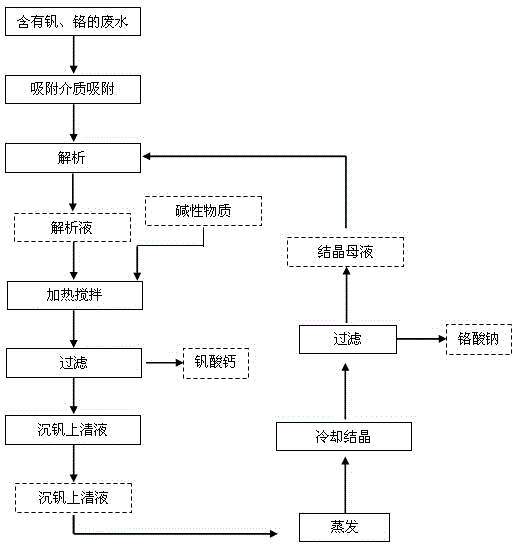Patents
Literature
949results about How to "Fast adsorption" patented technology
Efficacy Topic
Property
Owner
Technical Advancement
Application Domain
Technology Topic
Technology Field Word
Patent Country/Region
Patent Type
Patent Status
Application Year
Inventor
Adsorbent sheet material for parallel passage contactors
ActiveUS7077891B2Maximize capacityImprove efficiencyMaterial nanotechnologyOther chemical processesParticulatesSorbent
An adsorbent material fabricated into a reinforcement-free, self-supported coherent thin sheet and configured for use as a parallel passage contactor element in adsorption / separation applications with gases and liquids is disclosed. The adsorbent sheet material is obtained by enmeshing fine adsorbent particulates in a polymer binder. Particulates include but are not limited to carbon particles, inorganic oxides particles, or ceramic particles, or synthetic polymer resin particles. The adsorbent sheet advantageously contains a large volume percentage of active adsorbent particles. The parallel passage contactor device fabricated from the adsorbent sheet material is characterized by minimal mass transfer resistance and better separation efficiency expressed as height equivalent to a theoretical plate, while it maintains most of the adsorptive properties of the starting particulates, and can be used in gas separation applications with short adsorption cycles, such as rapid pressure swing adsorption, rotary concentrators, rapid electric swing adsorption.
Owner:AIR PROD & CHEM INC
Mercury adsorbents compatible as cement additives
InactiveUS20080134888A1Efficient removalReduce distractionsGas treatmentOther chemical processesAluminateSorbent
Solid adsorbents, following their use for mercury removal from flue gas, that do not interfere with the ability of air-entraining additives (such as surfactants) to form stable bubbles when added to fly ash containing the adsorbents. The interference is overcome by heating the materials used in the manufacture of the adsorbent so that magnesium hydroxide and / or one or more alkali compounds containing one or more silicate, aluminate, and / or phosphate moiety, added or already present in the materials, binds multivalent cations present in the materials that could otherwise interfere with the surfactant activity.
Owner:PRAXAIR TECH INC
Catalytic adsorbents for mercury removal from flue gas and methods of manufacture therefor
ActiveUS20060204418A1Promote formationImprove adsorption capacityGas treatmentOther chemical processesActivated carbonSorbent
The present invention provides catalytic adsorbents formed from doping activated carbon with a dispersed halide salt. The catalytic adsorbents provided herein are stable and harmless at room temperature, yet allow for chemical adsorption at elevated temperatures typical of those for flue gas streams. The present invention also provides methods of manufacturing the doped activated carbon adsorbents.
Owner:PRAXAIR TECH INC
Preparation of iron-managanese compounded oxide/diatomite adsorbant, its using and regenerating method
ActiveCN101024160AImprove adsorption capacityGood arsenic removal effectOther chemical processesWater/sewage treatment by sorptionSorbentManganese oxide
The invention supplies a new type adsorbent--mixed oxide of iron and manganese / diatomite preparation, use and regeneration method, belongs to the treatment of technology. The method used the soluble ferrous permanganate and salt as raw materials, respectively prepared the solutions, after adequate lye into permanganate solution, mixed two salt solutions, by adding diatomite particles, full oscillation, standing aging, neutralize, washing and drying to get the manganese oxide / silicon algae absorbent. The adsorbent is larger than the surface area and good adsorption properties can be used to remove arsenic in water pollutants (especially tervalence arsenic), and the adsorption surface activity of the saturated absorption of pollutants can be directly passed to load manganese oxide compound to regeneration.
Owner:RES CENT FOR ECO ENVIRONMENTAL SCI THE CHINESE ACAD OF SCI
Preparation method of high-performance lithium adsorbent
ActiveCN101829538AAvoid the problem of not easy to wash offActivity does not destroyOther chemical processesLithium compoundsLithiumHigh absorption
The invention discloses a preparation method of a high-performance lithium adsorbent. The method comprises the following steps of: (1) adding 100-500 ml of deionized water to a three-neck flask of 1L and adjusting a pH value to be 3-7; (2) adding 25-150g of organic aluminum to the flask at 40-70 DEG C and hydrolyzing to obtain active aluminum hydroxide, gradually dipping a lithium salt solution or a lithium salt solid three times of the organic aluminum 0.5h after hydrolyzation and reacting for 1-2h to obtain an active substance product of LiCl.2Al(OH)3.xH2O; (3) filtering the active substance containing the aluminum hydroxide and washing with 95 percent of ethanol twice to obtain solid precipitate and filtrate; and (4) drying the solid precipitate at 30-70 DEG C. The prepared active substance of aluminum hydroxide radically solves the problem of uneven reaction of a traditional method for preparing the active substance of aluminum hydroxide by utilizing solid-phase mixing, and the invention has the advantages of high absorption speed, greater specific surface area and longer adsorbent service life.
Owner:浙江海钛新材料科技股份有限公司
Preparation method of hypha/nanoparticle composite sphere material
InactiveCN104785216AHigh activityImprove stabilityOther chemical processesOrganic-compounds/hydrides/coordination-complexes catalystsFiltrationFreeze-drying
The invention discloses a preparation method of a hypha / nanoparticle composite sphere material. The preparation method is characterized by comprising steps as follows: preparing a culture medium; adding 4-20 ml of a nanoparticle aqueous solution containing 1-10 mg of nanoparticles per milliliter to the sterilized liquid culture medium, evenly mixing the mixture, inoculating the mixture with strains, culturing the mixture for 48-96 h under conditions that the temperature is 15-35 DEG C and rotating oscillation is performed at the speed of 80-200 r / min to form a hypha / nanoparticle composite sphere material, performing filtration to remove a liquid, soaking solids, namely, hypha / nanoparticle composite spheres, with a sodium hydroxide aqueous solution for 12 h, washing the spheres with deionized water until the spheres are neutral, and then performing freeze-drying to prepare the hypha / nanoparticle composite sphere material. The composite sphere material prepared with the method is applicable to fields of industrial catalysis, wastewater treatment, biomedicine and the like and has the characteristics of low cost, high activity, easiness in recovery and the like.
Owner:SOUTHWEAT UNIV OF SCI & TECH
Preparation method of adsorption material with high selectivity on different heavy metal ions
InactiveCN103285837AWith selective adsorption functionFast adsorptionOther chemical processesWater/sewage treatment by sorptionMontmorilloniteEngineering
The invention provides a preparation method of an adsorption material with high selectivity on different heavy metal ions. The invention relates to a method of producing a reusable adsorption material with selectivity on such heavy metal ions as copper, chromium, lead, mercury, and the like, wherein inorganic minerals such as montmorillonite and silica are used as modified carriers, and the method comprises the following steps of: 1) pre-treating and thermally activating the carriers; 2) performing surface polymerizing on a template ion carrier; 3) performing crosslinking film covering technology on carrier surface imprinting molecules. The materials can be applied in treatment processes of mixed solutions, production water and wastewater for separating, removing and enriching specific heavy metal ions.
Owner:WUHAN COMEON ENVIRONMENT ENG
Catalytic adsorbents for mercury removal from flue gas and methods of manufacture therefor
InactiveUS8017550B2Promote formationImprove adsorption capacityGas treatmentOther chemical processesActivated carbonFlue gas
The present invention provides catalytic adsorbents formed from doping activated carbon with a dispersed halide salt. The catalytic adsorbents provided herein are stable and harmless at room temperature, yet allow for chemical adsorption at elevated temperatures typical of those for flue gas streams. The present invention also provides methods of manufacturing the doped activated carbon adsorbents.
Owner:PRAXAIR TECH INC
High-magnetic heavy-metal ion adsorbent carrying conductive high molecules and preparation method thereof
ActiveCN101708463AStable in natureHigh magnetic responsivenessOther chemical processesWater contaminantsMicrospherePolypyrrole
The invention discloses a high-magnetic heavy-metal ion adsorbent carrying conductive high molecules and a preparation method thereof. The adsorbent comprises high-magnetic microspheres carrying conductive high molecules, each of which comprises a Fe3O4 polycrystal sphere cluster, an amorphous SiO2 protective layer and a polypyrrole adsorption outer layer from inside to outside. The preparation method of the adsorbent is realized in a way that: carrying out a solvent thermal reduction reaction on soluble ferrites to obtain the Fe3O4 magnetic sphere cluster; carrying out the basic hydrolysis by using tetraethoxysilane to obtain the Fe3O4-SiO2 nuclear shell sphere cluster; and finally, carrying out the free radical polymerization reaction on the pyrrole monomers to obtain the Fe3O4-SiO2-polypyrrole functional particles. The heavy-metal ion adsorbent has the characteristics of stable property, high adsorption rate and reproducibility, has favorable adsorption and recovery properties on dichromic ions, and has the advantages of simple preparation process, low material price and no environmental pollution. Compared with the normal chemical absorbent, the product of the invention is convenient to use and achieves the effects of waste water treatment, pollution abatement and environment protection.
Owner:NINGBO INST OF MATERIALS TECH & ENG CHINESE ACADEMY OF SCI
Preparation method for molecular imprinting material and molecular imprinting material prepared through preparation method
InactiveCN105107482AGood biocompatibilityImprove antioxidant capacityOther chemical processesAlkali metal oxides/hydroxidesSolubilityFunctional monomer
The invention provides a preparation method for a molecular imprinting material and the molecular imprinting material prepared through the preparation method. The preparation method comprises the steps that silicon oxide is coated on the surfaces of magnetic ferroferric oxide nanometer particles, the magnetic ferroferric oxide nanometer particles are modified with gamma-(methacryloyl chloride) amino propyl trimethoxy silane to obtain magnetic ferroferric oxide nanometer particles with propenyl on the surfaces, the magnetic ferroferric oxide nanometer particles with the propenyl on the surfaces serve as carriers, estrogen receptors are simulated, functional monomers are optimized, a surface imprinting technology is adopted, and then the molecular imprinting material which can simultaneously identify seven kinds of environmental endocrine disrupting chemicals is prepared. According to the preparation method, the easy separation of a magnetic nanometer material, the good water solubility of a silicon oxide nanometer material, the specific recognition ability of molecular imprinting polymers and the surface imprinting technology are mutually combined, the preparation technology is simple, the conditions are mild, the prepared molecular imprinting material is large in adsorption capacity, fast to respond, high in magnetism, good in chemical stability and high in repeating utilization rate, and the problems that at present, multiple trace, steroid and phenol environmental endocrine disrupting chemicals are difficult to simultaneously identify, separate and enrich are solved.
Owner:INST OF QUALITY STANDARD & TESTING TECH FOR AGRO PROD OF CAAS
Preparation method of efficient polyethyleneimine modified cellulose-based heavy metal adsorbent
InactiveCN103304820AEasy to useLow toxicityOther chemical processesWater/sewage treatment by sorptionGlycidyl methacrylateBenzoyl peroxide
The invention discloses a preparation method of an efficient polyethyleneimine modified cellulose-based heavy metal adsorbent shown by a formula (I), belonging to the technical field of high-molecular function modification and synthesis of a natural material. By adopting cellulose as a framework, benzoyl peroxide (BPO) as an initiator, a mixture of water and acetone as a solvent and glycidyl methacrylate (GMA) shown by a formula (III) as a monomer, the method comprises the following steps of: performing a free radical-initiated graft copolymerization reaction on the surface of microcrystalline cellulose shown by a formula (II); performing amination on a graft product shown by a formula (IV) by use of graft polyethyleneimine (PEI) shown by a formula (V); and washing and drying the product to obtain a powdery solid product, wherein the reaction is easy to operate, and the conditions are mild. The heavy metal adsorbent prepared by the preparation method has the advantages of excellent adsorption property, large adsorption capacity and fast adsorption, can be regenerated and recycled, and has broad application prospects in the water treatment fields such as control of heavy metal industrial pollutants and the like.
Owner:SHANDONG UNIV
Preparation method for composite magnetic adsorption material and method for removing heavy metal ions in waste water
InactiveCN103623782ALarge adsorption capacityFast adsorptionOther chemical processesWater/sewage treatment by sorptionWastewaterSolvent
The invention relates to a preparation method for a composite magnetic adsorption material and a method for removing heavy metal ions in waste water. The preparation method comprises the following steps: (1) putting a magnetic seed in a grinding machine for fine grinding so as to obtain a submicron magnetic particle; (2) mixing the magnetic particle and a high-molecular natural material capable of absorbing heavy metals with a solvent, adding a flocculating agent and carrying out uniform mixing and a reaction so as to obtain a spherical composite magnetic product; and (3) subjecting the composite magnetic product to magnetic separation, washing and drying so as to obtain the composite magnetic adsorption material. The magnetic adsorption material is added into waste water containing heavy metal ions, then stirring, adsorption and a reaction are carried out, a magnet separator is used for magnetic separation and adsorption of magnetic material containing heavy metal ions, and heavy metals are recovered. According to the invention, the adsorption material is easy to prepare; the removal rate of the heavy metals is high; the advantages of simple process, low cost and environment friendliness are obtained; and the methods are suitable for industrial application.
Owner:GENERAL RESEARCH INSTITUTE FOR NONFERROUS METALS BEIJNG
Application method of graphene sponge
InactiveCN102500133AHydrophobicImprove adsorption capacityOther chemical processesSolid sorbent liquid separationOrganic solventDistillation method
The invention discloses an application method of a graphene sponge. The graphene sponge is applied to absorb organic solvents or oils due to the characteristics of strong organic solvent or oil adsorption capacity and high organic solvent or oil adsorption speed. The application method of the graphene sponge can be applied to the filed of sewage treatment or liquid-liquid separation. Furthermore, after the graphene sponge is applied to absorb the organic solvents or oils, the contamination is removed, namely, the organic solvents or oils are eliminated from the graphene sponge or recycled by adopting the low-pressure distillation and extraction or high-temperature distillation methods, thus the graphene sponge can be used repeatedly.
Owner:SOUTHEAST UNIV
Method for preparing high-performance brine lithium-extraction adsorption agent and adsorption agent prepared by method
ActiveCN104014308AHigh selectivityFast adsorptionOther chemical processesIn situ polymerizationSorbent
The invention discloses a method for preparing a high-performance brine lithium-extraction adsorption agent by using an in-situ polymerization and synthesis method. The method comprises the steps of uniformly dispersing active aluminum hydroxide powder in an adsorbent resin duct, and then reacting with a lithium salt solution. The reaction efficiency is increased, and the activity of an adsorbent is ensured. According to the method, by crosslinking and winding of a macromolecular chain in a resin nano pore, the loss of active nano particles is effectively inhibited, and the service life of the adsorbent is ensured. The invention further discloses an adsorbent prepared by using the method for preparing the high-performance brine lithium-extraction adsorption agent.
Owner:西藏容汇锂业科技有限公司
Injection-moulding mould for in-mould transfer printing
ActiveCN102198721AEvenly attachedReduce wrinklesCoatingsInjection mouldingElectrical and Electronics engineering
The invention discloses an injection-moulding mould for in-mould transfer printing. The injection-moulding mould comprises a female mould, a laminated plate, a male mould and a gas exhausting device, wherein a transfer printing film can be accommodated between the laminated plate and the male mould; the laminated plate can press the transfer printing film; the female mould and the male mould form a cavity; when the cavity is filled with plastic to form a plastic component, ornamental patterns on the transfer printing film can be transferred to the plastic component; a gas exhausting hole which is communicated with the cavity is formed on the female mould; a gas exhausting component is fixedly arranged in the gas exhausting hole; a gas pumping hole which is communicated with the cavity and the gas exhausting hole is formed on the gas exhausting component; and the gas exhausting device is connected with the gas exhausting hole and is used for pumping out the gas in the cavity so as to attract the transfer printing film towards the surface of the female mould. The injection-moulding mould can reduce the creases of the transfer printing film and make the transfer printing film adhere to the surface of the female mould uniformly.
Owner:汕头市澄海区雄城塑胶玩具有限公司
Rotating molecular sieve minisize pressure swing adsorption oxygen making device
InactiveCN101139088AFast AdsorptionFast and full desorptionDispersed particle separationOxygen preparationChemistryMolecular sieve
A rotary molecular sieve minitype transformation adsorption oxygen production device includes a molecular sieve container and a rotating mechanism. The molecular sieve container includes a rotary shaft in the center of the container and mandrils uniformly arranged in the molecular sieve container. The mandrils separate the molecular sieve container into a plurality of molecular sieve channels. The rotary shaft is connected with the rotating mechanism. A gas inlet cover includes an air inlet cushion chamber of the gas inlet cover, a pressure equalizing chamber of the gas inlet cover and a gas discharge cushion chamber of the gas inlet cover. The gas inlet cushion chamber of the gas inlet cover is communicated with a gas compressor. The air discharge cushion chamber of the gas inlet cover is connected with a rich nitrogen outlet. The gas discharge cover includes an inlet cushion chamber of a gas cover, a pressure equalizing chamber of a gas discharge cover and a discharge cushion chamber of the gas discharge cover. The discharge cushion chamber of the gas discharge cover is connected with the rich nitrogen outlet. The invention changes a paired tower into a single tower which has decreased size remarkably. The driving force for the molecular sieve container to rotate is low pressure purgative gas. Under the condition of fully guaranteeing the best washing pressure, the invention has made full use of the pressure energy of the purgative gas and is beneficial to improve effect and reduce energy consumption of the whole system.
Owner:XI AN JIAOTONG UNIV
Method for preparing carbon microsphere adsorbent under catalysis of metal salt with low-temperature hydrothermal method
ActiveCN105582888AEasy disposalReduce energy consumptionOther chemical processesAlkali metal oxides/hydroxidesAir atmosphereSorbent
The invention discloses a method for preparing a carbon microsphere adsorbent under catalysis of metal salt with a low-temperature hydrothermal method. The method comprises steps as follows: (1) a biomass solution with the concentration being 2wt%-20wt% and a metal salt solution with the concentration being 0.5wt%-2wt% are prepared, then mixed in the mass ratio being (2-5):1 and stirred for 5-10 min, and a reaction solution is obtained; (2) the reaction solution is transferred to a stainless steel reaction kettle, the volume of the reaction solution accounts for 60%-80% of that of the reaction kettle, the reaction solution is heated to 100-160 DEG C at a certain heating speed, reacts at the constant temperature for 8-20 hours and is naturally cooled, separated and dried in vacuum, and hydrothermal carbon microspheres are obtained; (3) the hydrothermal carbon microspheres are calcined and carbonized at the air atmosphere, and the carbon microsphere adsorbent is obtained. The preparation process of the adsorbent is simple, energy consumption is low, the reaction time is shortened to be within 24 hours, and the adsorbent has high adsorption performance for part of positive ions, particularly, uranyl ions, has excellent radioresistance, thermal stability and acid stability and can be widely used for treatment of radioactive wastewater.
Owner:SOUTHWEAT UNIV OF SCI & TECH
Citric acid loofah sponge preparation method and application
InactiveCN102430393AImprove adsorption efficiencyGood physical and chemical stabilityOther chemical processesAlkali metal oxides/hydroxidesFiltrationOrganic dye
The invention discloses a citric acid loofah sponge preparation method and an application technology. The preparation method provided by the invention is characterized by comprising the following steps of: adding 18-25 wt% of citric acid, 18-25 wt% of saponified loofah sponge and 50-60 wt% of water into a plugged Erlenmeyer flask, putting on a plug, carrying out refluxing at the temperature of 60-70 DEG C for 2-3h with stirring, heating up to the temperature of 110-120 DEG C, reacting for 2-3h, cooling, washing by using deionized water, carrying out pumping filtration until a filtrate is neutral, washing by using a few ethanol, and drying in a baking oven of 75 DEG C to obtain the citric acid loofah sponge. The citric acid loofah sponge has strong adsorption capability, can directly used for the adsorption and elution of various metal ions and organic dyes in a water body, is characterized by high adsorption efficiency, fast adsorption speed, good physical and chemical stability and excellent mechanical stability, and can be used within a wide soda acid range. Simultaneously, the citric acid loofah sponge has regeneration capability and is a natural green adsorbent.
Owner:UNIV OF JINAN
Novel method for preparing high-purity chlorogenic acid
InactiveCN101503356AReduce decompositionHigh purityOrganic compound preparationMetabolism disorderChlorogenic acidOrganic solvent
The invention provides a new method for preparing high purity chlorogenic acid, comprising the steps: after the stock solution of the chlorogenic acid is processed by washing impurity and eluting through at least four levels of macroporous resin series connection adsorption column, and then the eluate is regenerated for continuous countercurrent extraction, so that the high purity chlorogenic acid is obtained. The method is applicable to light concentration stock solution of the chlorogenic acid, and can complete the process of absorbing, washing impurity, eluting, regenerating, countercurrent extracting and recycling the solvent in a semicontinuous way; the handling capacity of samples is large, the operation is simple, the production cost can be lowered, the residual organic solvent is reduced, and the environmental pollution is relieved.
Owner:NANJING UNIV OF TECH
Environment-friendly polypropylene filament yarn oil agent and production method thereof
The invention discloses a preparation method of an environment-friendly polypropylene filament yarn oil agent, comprising the following steps of: weighing 40 to 60 parts by weight of fatty alcohol ether phosphate potassium salt, 2 to 8 parts by weight of polysiloxane polyether copolymer, 3 to 12 parts by weight of pentaerythritol oleate, 4 to 10 parts by weight of fatty alcohol polyoxyethylene ether, 2 to 12 parts by weight of ethylene oxide-epoxypropane block polyether, 20 to 45 parts by weight of polyethylene glycol laurate, 10 to 20 parts by weight of butter alcohol amine phosphate salt and 5 to 10 parts by weight of high-carbon heterogeneous alcohol phosphate potassium salt, heating to 40 to 80 DEG C, reacting under the stirring condition, then adding 20 to 40 parts of emulsifying agent EL-40, 1 to 5 parts of methyl-1-hydroxyethyl-2-stearyl imidazoline ammonium methosulfate, 5 to 15 parts of dimethyl silicon oil, 2 to 40 parts of deionized water and 0.001 to 0.02 part of preservative, reacting under the stirring condition at 50 to 70 DEG C, and separating to obtain the environment-friendly polypropylene filament yarn oil agent.
Owner:青岛荣达新材料研究所
Three-dimensional layered graphite-phase nitrogen carbide/MOF composite material and preparation method thereof
ActiveCN105903439ALarge specific surface areaHigh pore volumeOther chemical processesWater contaminantsOrganic dyeMetal-organic framework
The invention discloses a three-dimensional layered graphite-phase nitrogen carbide / MOF composite material and a preparation method and an application thereof; the composite material is formed by compounding g-C3N4 nanosheets and a metal-organic frameworks material, wherein the g-C3N4 nanosheets account for 1%-25% by mass. The obtained composite material takes a nitrogen carbide material having a graphene-like two-dimensional structure after stripping as a template, has addition of a metal central ion and an organic ligand and is prepared by using an oil bath solvothermal method; compared with a pure metal-organic frameworks compound, the composite material has the pore size and the pore volume significantly increased. The preparation process is simple; the obtained composite material has ultra-high organic dye removal ability, is easy to regenerate, can be used repeatedly, and has good application prospects in the fields of environmental remediation, sewage treatment and separation science and the like.
Owner:FUZHOU UNIV
Method collaboratively repairing soil heavy metal pollution by microorganisms, plants and biological carbon
ActiveCN105149345APrevent backIncrease added valueContaminated soil reclamationMetal pollutionSoil treatment
The invention provides a method collaboratively repairing soil heavy metal pollution by microorganisms, plants and biological carbon. The method specifically comprises: 1), adding a magnetotactic bacterium culture medium into heavy metal polluted soil, inoculating magnetotactic bacteria, and plowing; 2), irrigating the heavy metal polluted soil, and setting a magnetic field; 3), collecting the surface layer of the heavy metal polluted soil, and rinsing the collected heavy metal polluted soil with water; 4), planting grass family plants in the heavy metal polluted soil; 5), pulling out young ears; 6), removing the grass family plants; 7), after preparing a biological carbon mixture through processing the removed grass family plants, applying the biological carbon mixture into the heavy metal polluted soil in which the grass family plants are planted, uniformly mixing, and aging; and 8), cyclically repeating the above steps until the content of heavy metal in the soil reaches safety standards. The method is great in soil treatment effect, low in cost and high in practicability, and is safe and reliable.
Owner:HUNAN XISI ECOLOGY TECH
Hydrophilous porous phenolic resin as well as preparation method and application thereof
InactiveCN101693757AHigh selectivityFast adsorptionOther chemical processesSolid sorbent liquid separationAldehydeHigh selectivity
The invention relates to hydrophilous porous phenolic resin as well as a preparation method and the application thereof, belonging to the technical field of porous polymer materials. The hydrophilous porous phenolic resin comprises a phenol monomer and an aldehyde monomer, wherein the mole ratio of the phenol monomer to the aldehyde monomer is 1 to 1-5; structures of the phenol monomer and the aldehyde monomer are formed by micropores of 0.4-1 nanometer and mesopores of 2-50 nanometers. The hydrophilous porous phenolic resin can absorb and selectively reduce partial noble metal ions and respectively achieve the large absorption amount of gold and silver ions of 700-1500 mg / g and 1000-3000 mg / g. The preparation method of the hydrophilous porous phenolic resin has the characteristics of simple, convenient and easy technology, easy sequential processing, and the like; and in addition, the hydrophilous porous phenolic resin has large absorption amount, high selectivity for the noble metal ions and extensive application prospect in the fields of noble metal smelting and recovery, and the like.
Owner:SHANGHAI INST OF CERAMIC CHEM & TECH CHINESE ACAD OF SCI
Production method of crosslinked chitosan microsphere heavy metal ion adsorbent
InactiveCN102614838AWide variety of sourcesLow priceOther chemical processesCrosslinked chitosanEthylene diamine
The invention discloses a production method of a crosslinked chitosan microsphere heavy metal ion adsorbent. The method comprises the following steps of: (1) protecting amino on chitosan C2 with formaldehyde by taking chitosan as a material and taking liquid paraffin as an organic dispersion medium, and preparing a crosslinked chitosan microsphere with a reversed phase suspension crosslinking method; and (2) chemically grafting the crosslinked chitosan microspheres by taking the crosslinked chitosan microsphere as a parent body and taking ethylene diamine as a ligand to obtain the crosslinked chitosan microsphere heavy metal ion adsorbent. The crosslinked chitosan microsphere heavy metal ion adsorbent produced with the method has high selective adsorption on Cu<2+> ions.
Owner:ZHEJIANG GONGSHANG UNIVERSITY
Preparation method of molecularly imprinted material and molecularly imprinted material prepared by same
ActiveCN105085843AImprove stabilityImprove adsorption capacityOther chemical processesAlkali metal oxides/hydroxidesFunctional monomerSilicon dioxide
The invention provides a preparation method of a molecularly imprinted material and a molecularly imprinted material prepared by the same. The preparation method comprises the following steps: depositing Fe3O4 on a graphite-like-phase carbon nitride surface by a coprecipitation process to obtain a Fe3O4-g-C3N4 nano material, thereby obtaining a propenyl-surface-modified magnetic silicon dioxide graphite-like-phase carbon nitride nano material; and by using the propenyl-surface-modified magnetic silicon dioxide graphite-like-phase carbon nitride nano material as a carrier, optimizing a functional monomer, and carrying out a surface imprinting technique to obtain the molecularly imprinted material capable of quickly indentifying seven environmental endocrine disrupting chemicals at the same time. The molecularly imprinted material has the advantages of high adsorption capacity, favorable selectivity, high response speed, high chemical stability and high utilization ratio, is convenient for operation, can simultaneously implement identification and separate enrichment of multiple trace steroid / phenol environmental endocrine disrupting chemicals, and widens the application range of the existing magnetic nano material, graphite-like-phase carbon nitride material and molecularly imprinted material.
Owner:INST OF QUALITY STANDARD & TESTING TECH FOR AGRO PROD OF CAAS
Surface active agent modification zeolites, method of preparing thereof and usage
InactiveCN101549873AEfficient removalImprove activity stabilityAluminium silicatesWater/sewage treatment by ion-exchangeWater qualityWater processing
The present invention relates to a zeolites and a method for preparing thereof, in particularly a method for preparing a modification zeolite which can treat raw water and groundwater pollutated by chromates, and using as water processing material. The method belongs to the environmental-protecting technical field. The method includes steps as follows: firstly, processing activating to the natural zeolite by using a mixing solution of alcaine and citric acid for obtaining the activating zeolite; then processing modification to the zeolite by using surfactants cetyl bromination pyridine (HDPB) for obtaining the surfactants modification zeolite. The surfactants modification zeolite can be used for treating various raw water and ground water with substandard water quality which can remove chromates tainting substance with high efficient.
Owner:曾玉彬 +1
Magnetic MOFs solid-phase extractant, and preparation method and application thereof
InactiveCN104307481AAdjustable thicknessEffectively adjust the thicknessOther chemical processesWater contaminantsCoprecipitationSilica gel
A preparation method for a magnetic MOFs solid-phase extractant comprises the following steps: 1, employing a coprecipitation process to prepare a magnetic Fe3O4 nanosphere with the particle size of 10-20 nm; 2, employing Stober silica gel coupling process to prepare Fe3O4@SiO2 with a shell-core structure; 3, employing an in-situ precipitation process to prepare Fe3O4@SiO2@Cu(OH)2; 4, employing an in-situ conversion manner to synthesize Fe3O4@SiO2@HKUST-1; and 5, performing post-functionalization on Fe3O4@SiO2@HKUST-1 synthesized in the step 4 to synthesize the Bi-I modified magnetic MOFs solid-phase extractant. The advantages comprise that the provided method is simple, convenient, low in cost and friendly to environment. The prepared magnetic MOFs solid-phase extractant has the advantages of rapid adsorption speed, large adsorption capacity, high removal efficiency and the like, and efficient removal of low-concentration Hg<2+> can be realized.
Owner:WUHAN UNIV
Mineral composite capable of removing mycotoxin as well as preparation method and application thereof
ActiveCN102178130AWill not be poisonedReduce concentrationAnimal feeding stuffAccessory food factorsMycotoxinFeed conversion ratio
The invention discloses a mineral composite capable of removing mycotoxin as well as a preparation method and application thereof. In the preparation method, by utilizing the characteristics of stable structure, strong adsorption and the like of high-purity montmorillonite and attapulgite, and the high-purity montmorillonite and the attapulgite are mixed in an aqueous solution and stirred, interact and intercalate to obtain the mineral composite. The mineral composite can be used for effectively removing the mycotoxin in a feed, and especially has a cooperative and synergistic adsorption effect on T-2 toxin. The mineral composite can be used as a mildew removing agent or feed additive, and the dosage of the mineral composite in the feed can be 0.3-1.5wt%; and the mineral composite can effectively adsorb various mycotoxins in the feed, and has the functions of improving the feed conversion rate, reducing the feed cost, reducing diarrhea and the like.
Owner:INST OF ANIMAL SCI OF CHINESE ACAD OF AGRI SCI
Copper doped composite magnetic nano-material and preparation and application thereof
ActiveCN104437344ASmall sizeLarge specific surface areaOther chemical processesWater contaminantsMicrosphereMagnetite Nanoparticles
The invention discloses a copper doped composite magnetic nano-material and preparation and an application of the copper doped composite magnetic nano-material, and belongs to the fields of magnetic particle synthesis and water treatment research. Aiming at a solvent thermal synthesis process of magnetic nanoparticles, according to the invention, copper chloride and ferric chloride are taken as metal salt precursors, based on solvent thermal reaction, and through copper doping ratio adjustment, the obtained mesoporous Cu-Fe3O4 microspheres have controllable particle size (560nm-120nm), specific surface area (40-100m2 g-1) and surface charge amount, and have the characteristics of high monodispersity, uniform size, high magnetic property (130-65emu g-1) and the like, and show excellent adsorption and regenerative adsorption properties for pentavalent arsenic and trivalent arsenic in a water body. The mesoporous Cu-Fe3O4 microspheres are simple in preparation process, low in cost and high in arsenic adsorption property, can be quickly magnetically separated, and has a good application prospect.
Owner:CENT SOUTH UNIV
Method for treating waste water containing vanadium and chromium
ActiveCN104556522AHigh adsorption rateEfficient separationMultistage water/sewage treatmentChromates/bichromatesDesorptionWastewater
The invention relates to a method for treating waste water containing vanadium and chromium. The method comprises the following steps of: (1) adsorption: adopting an adsorbing medium to adsorb vanadium and chromium ions in the waste water containing vanadium and chromium; (2) desorption: adding a desorption agent into the adsorbing medium containing vanadium and chromium ions obtained in the step (1) to carry out desorption; (3) vanadium precipitation: adding alkaline substances into desorption solution, stirring to be uniform, and then filtering to obtain a calcium-vanadate product and vanadium-precipitated supernant; (4) chromium crystallization: carrying out evaporating concentration and cooling crystallization on the vanadium-precipitated supernant to obtain a sodium-chromate crude product and crystallizing mother liquor; (5) recrystallization: heating and dissolving the sodium-chromate crude product, and carrying out cooling crystallization to obtain a sodium-chromate product and cooling-crystallizing mother liquor; and (6) returning of the crystallizing mother liquor: returning the crystallizing mother liquor to the step (2) as the ingredient of the analysis solution to be repeatedly utilized. The method has the advantages that the recovery rate for the vanadium and chromium elements in the waste water reaches 99.9% or higher, simultaneously high-purity calcium vanadate and sodium chromate are obtained, and no waste water and waste residue are generated in the whole process.
Owner:HEBEI IRON AND STEEL
Features
- R&D
- Intellectual Property
- Life Sciences
- Materials
- Tech Scout
Why Patsnap Eureka
- Unparalleled Data Quality
- Higher Quality Content
- 60% Fewer Hallucinations
Social media
Patsnap Eureka Blog
Learn More Browse by: Latest US Patents, China's latest patents, Technical Efficacy Thesaurus, Application Domain, Technology Topic, Popular Technical Reports.
© 2025 PatSnap. All rights reserved.Legal|Privacy policy|Modern Slavery Act Transparency Statement|Sitemap|About US| Contact US: help@patsnap.com
